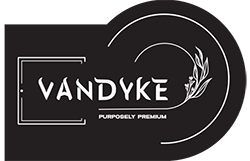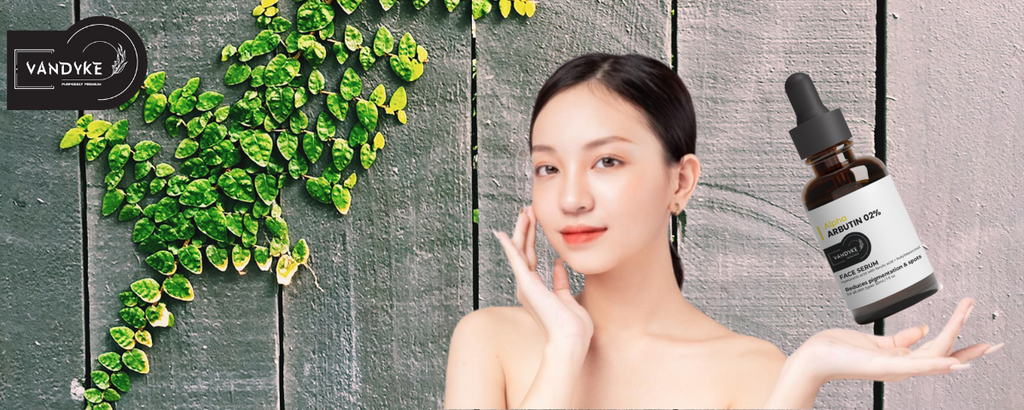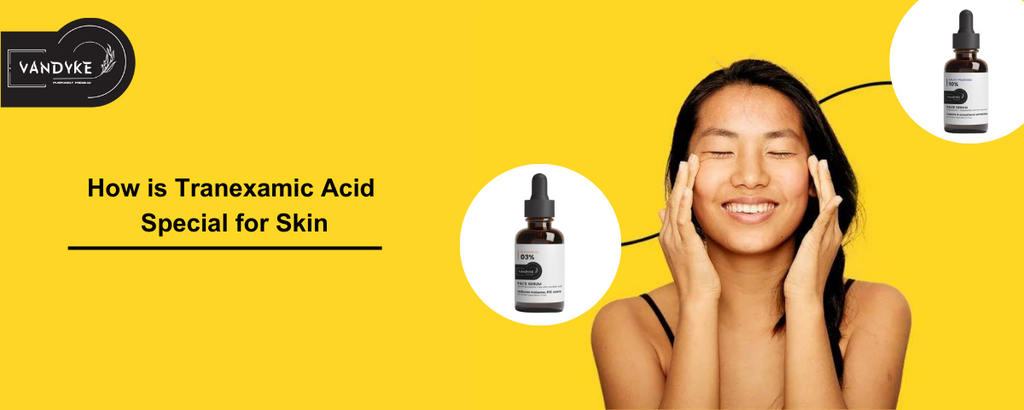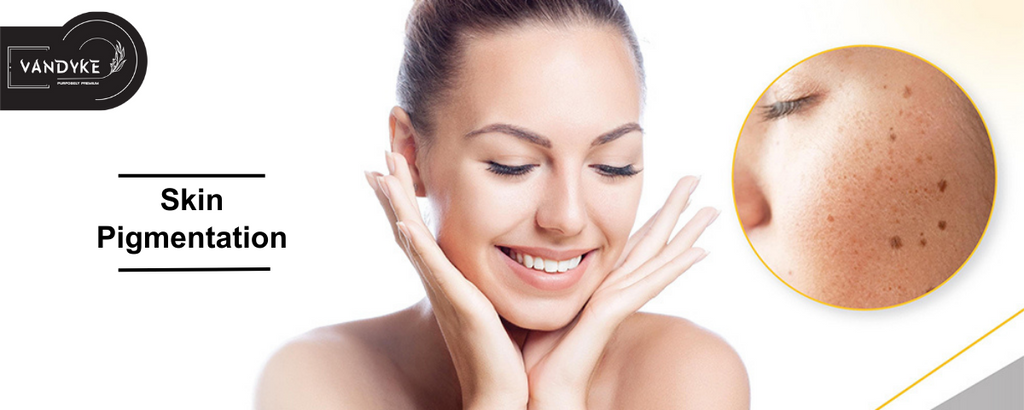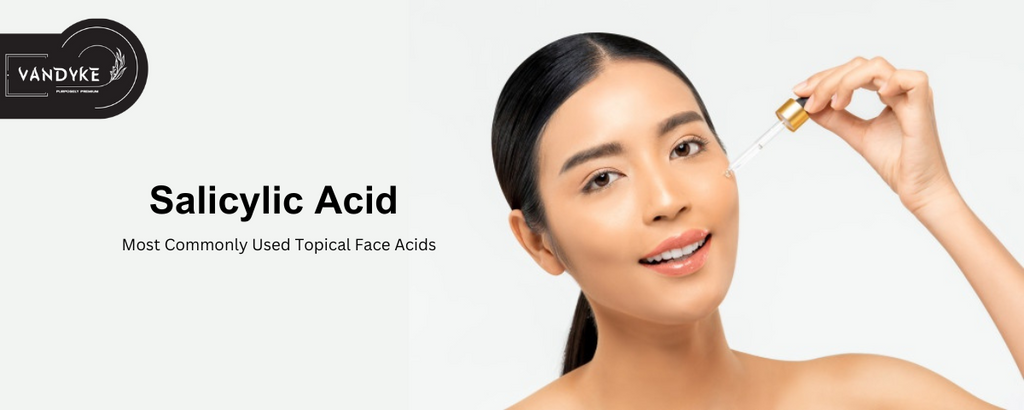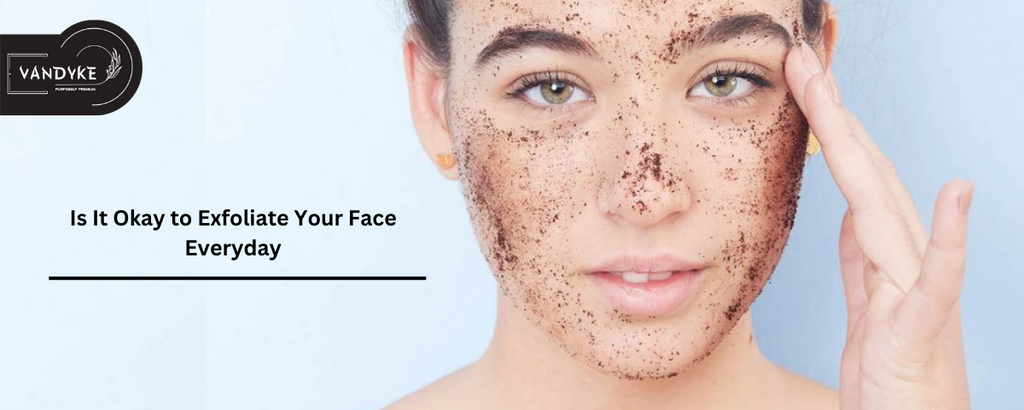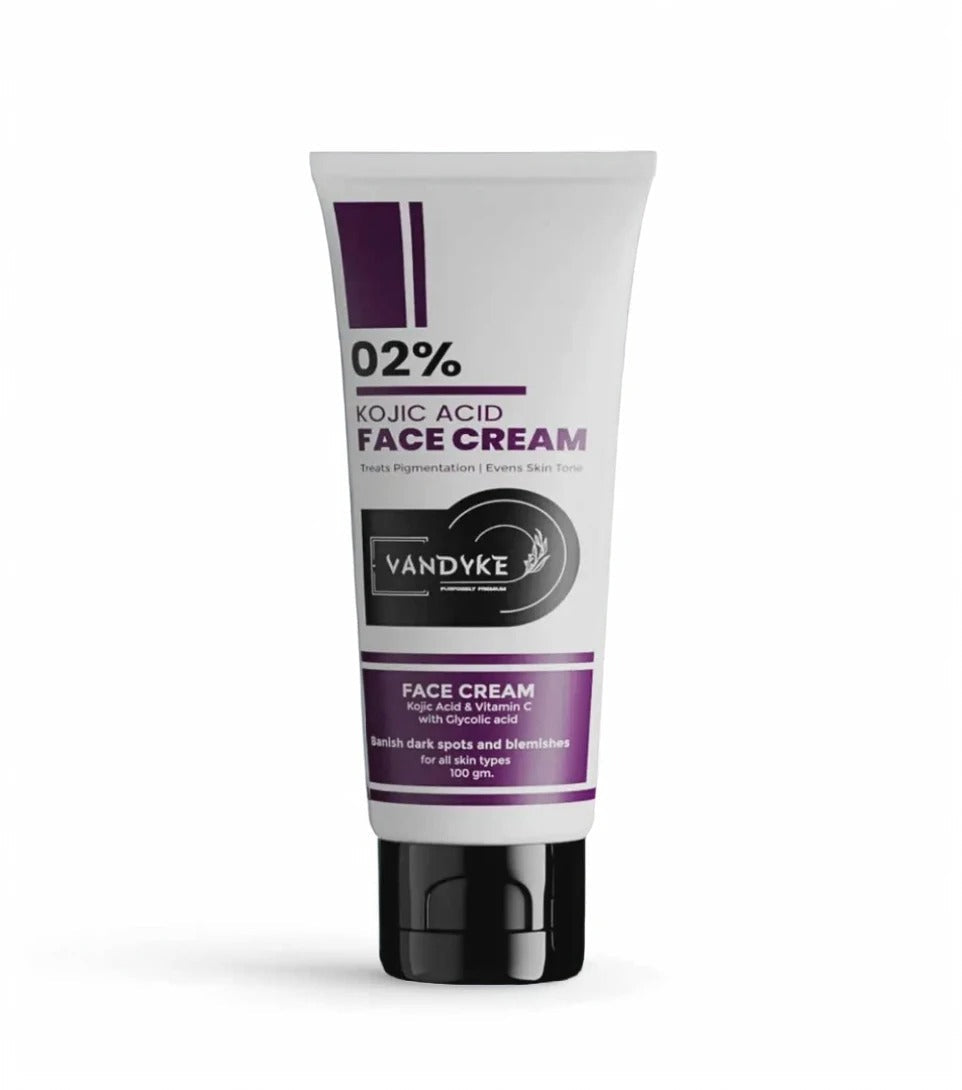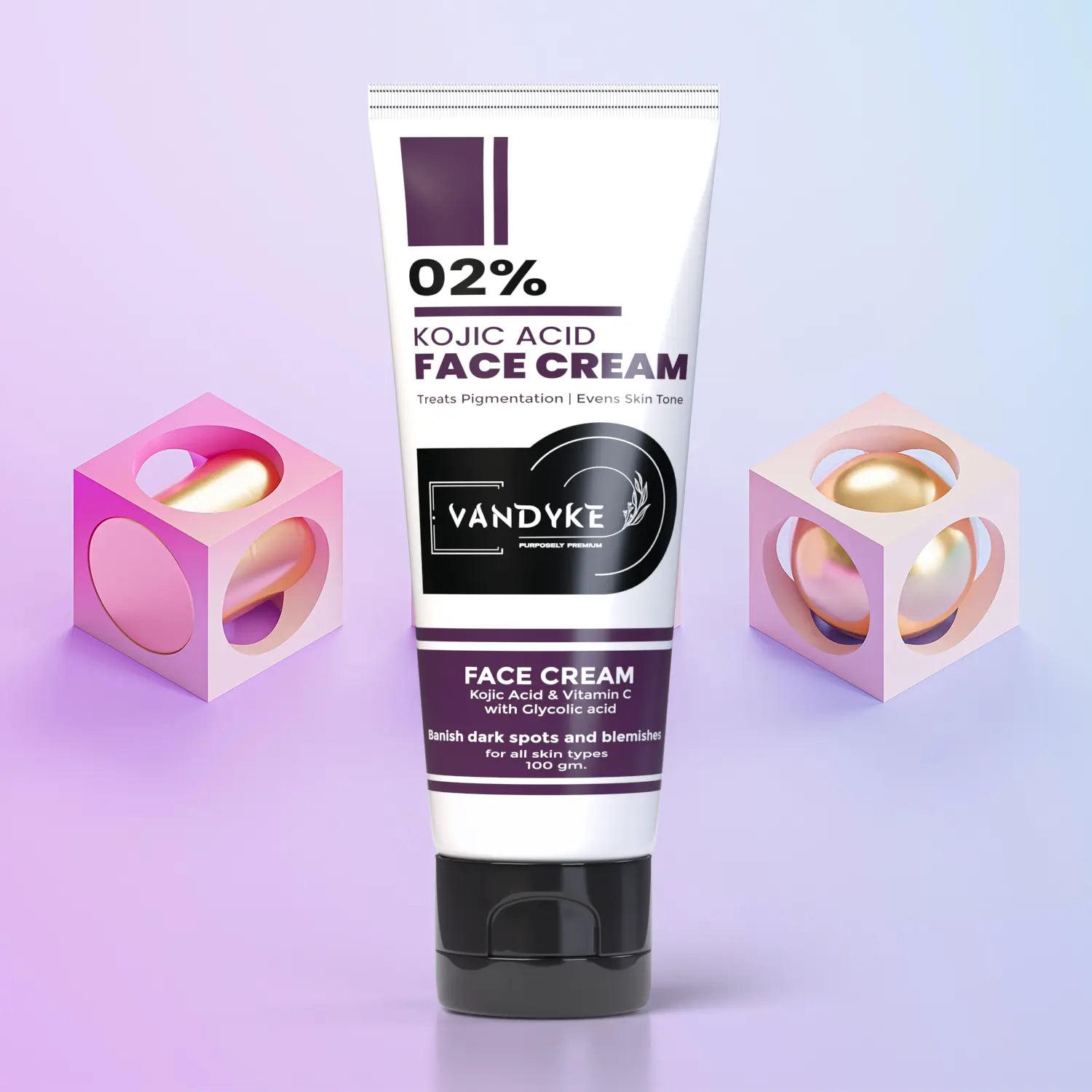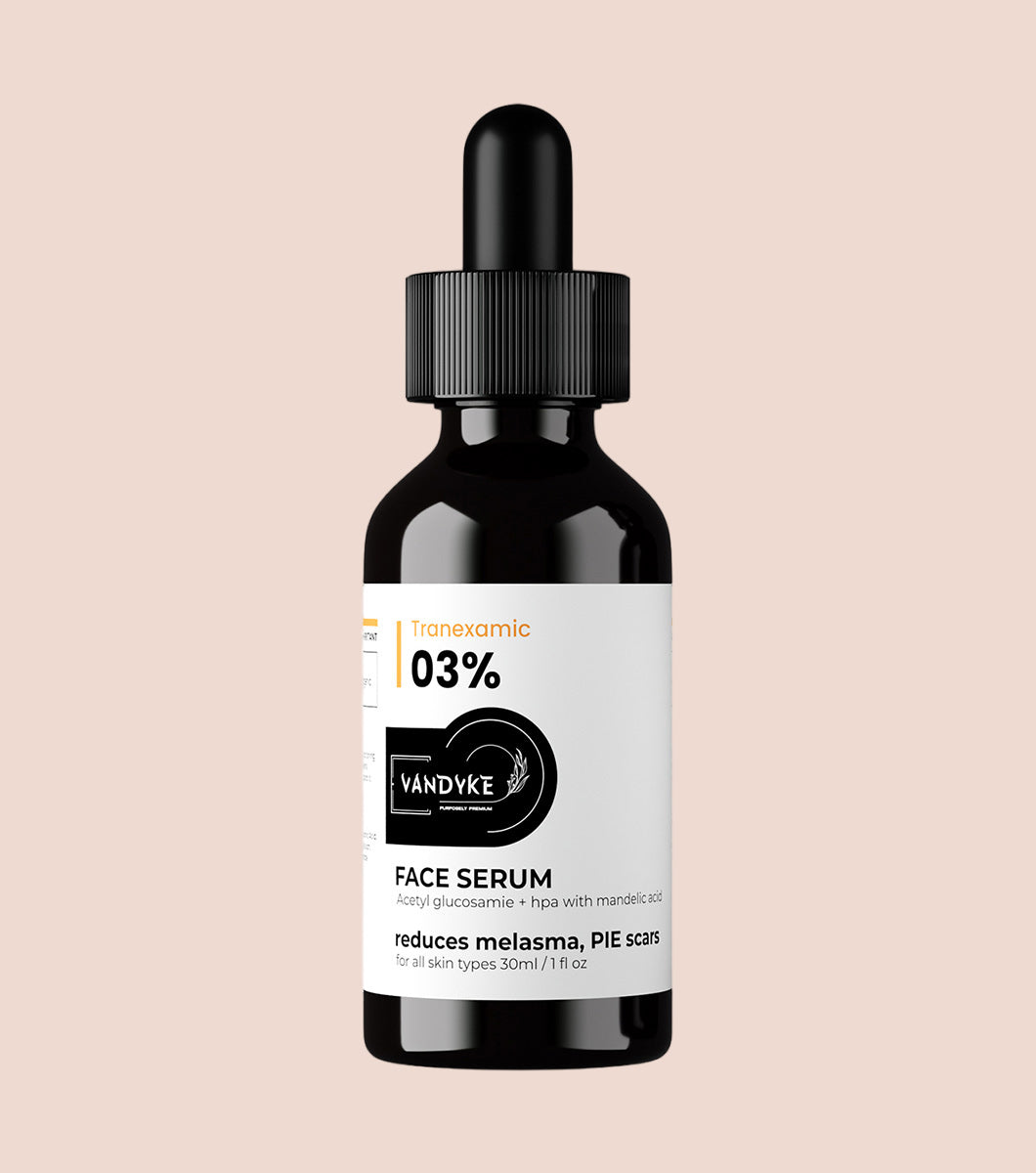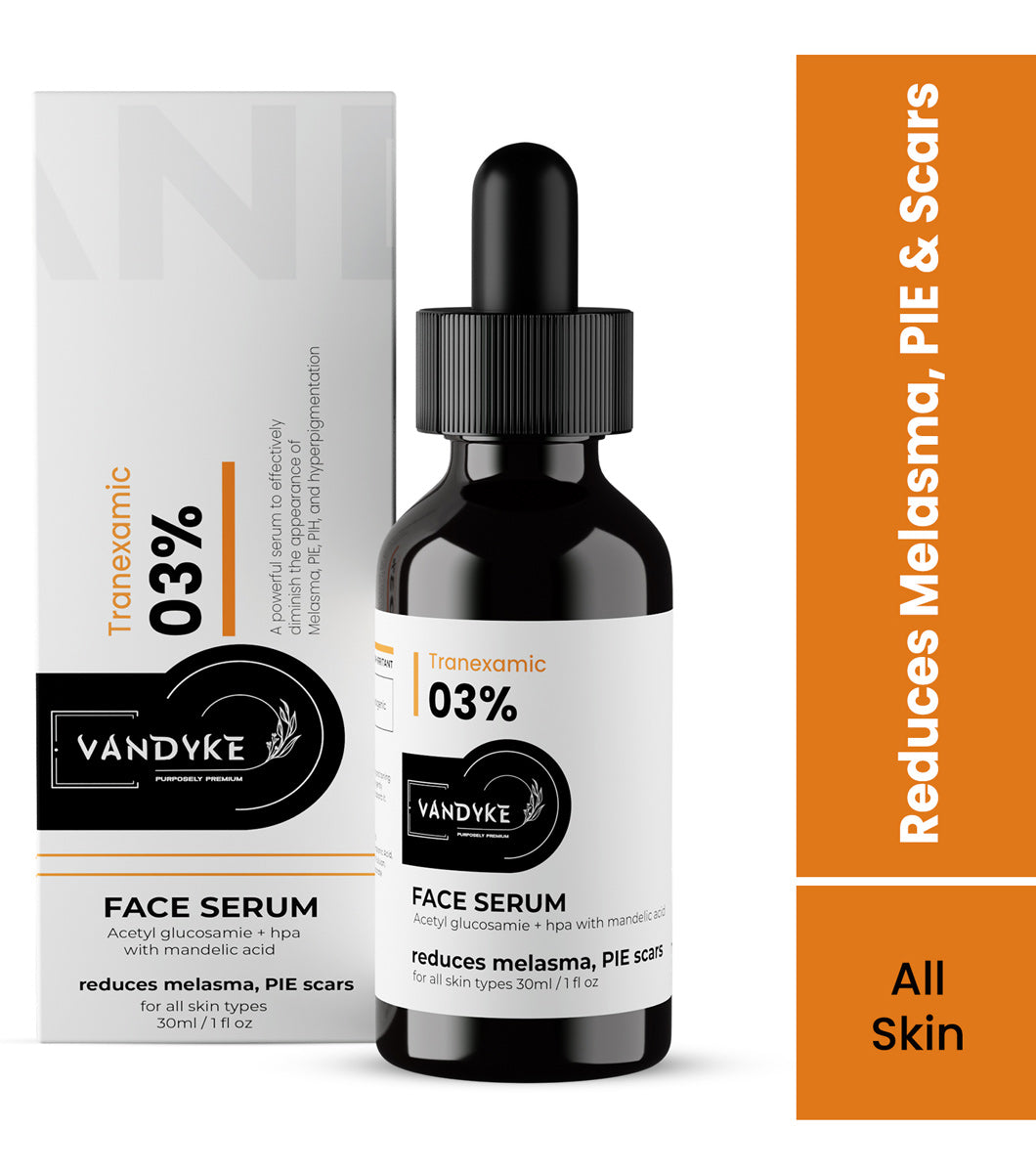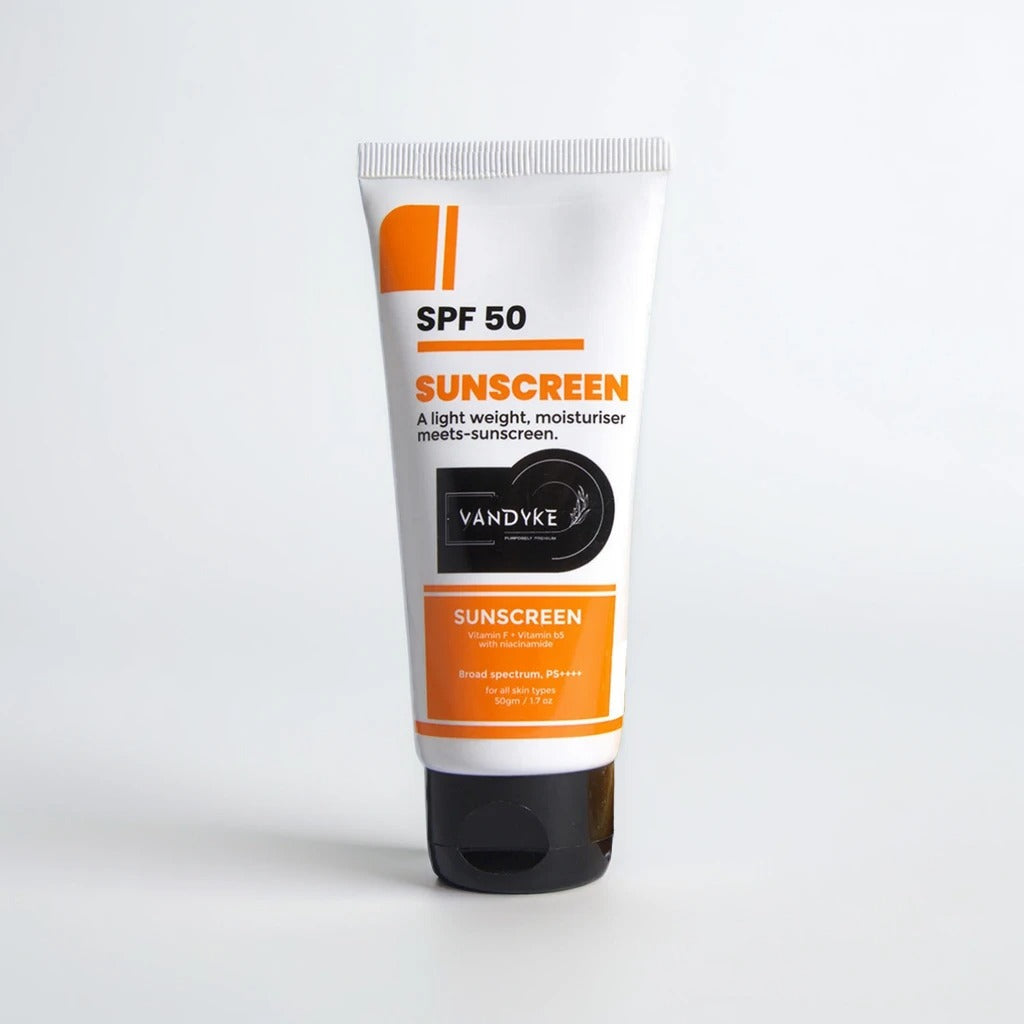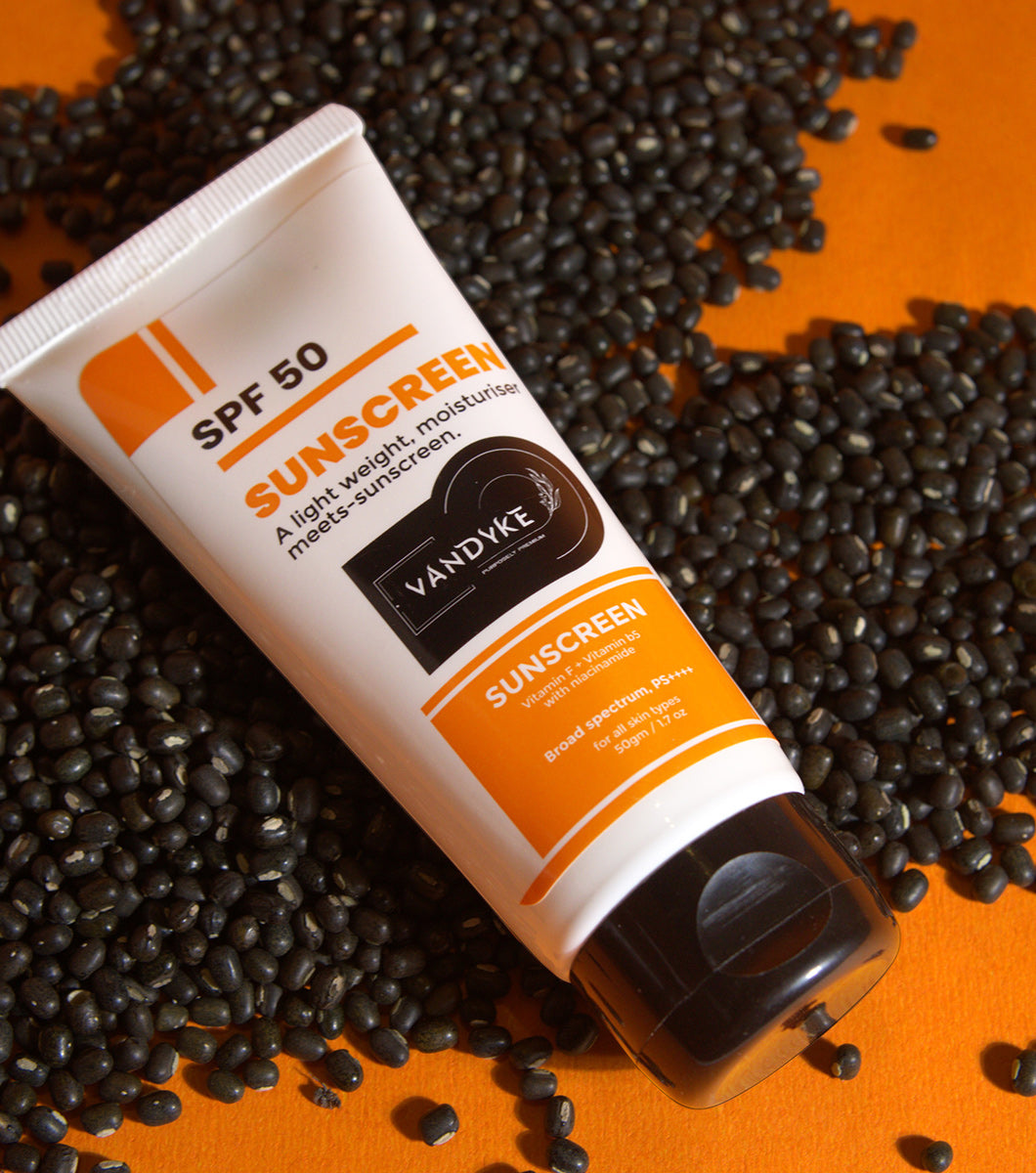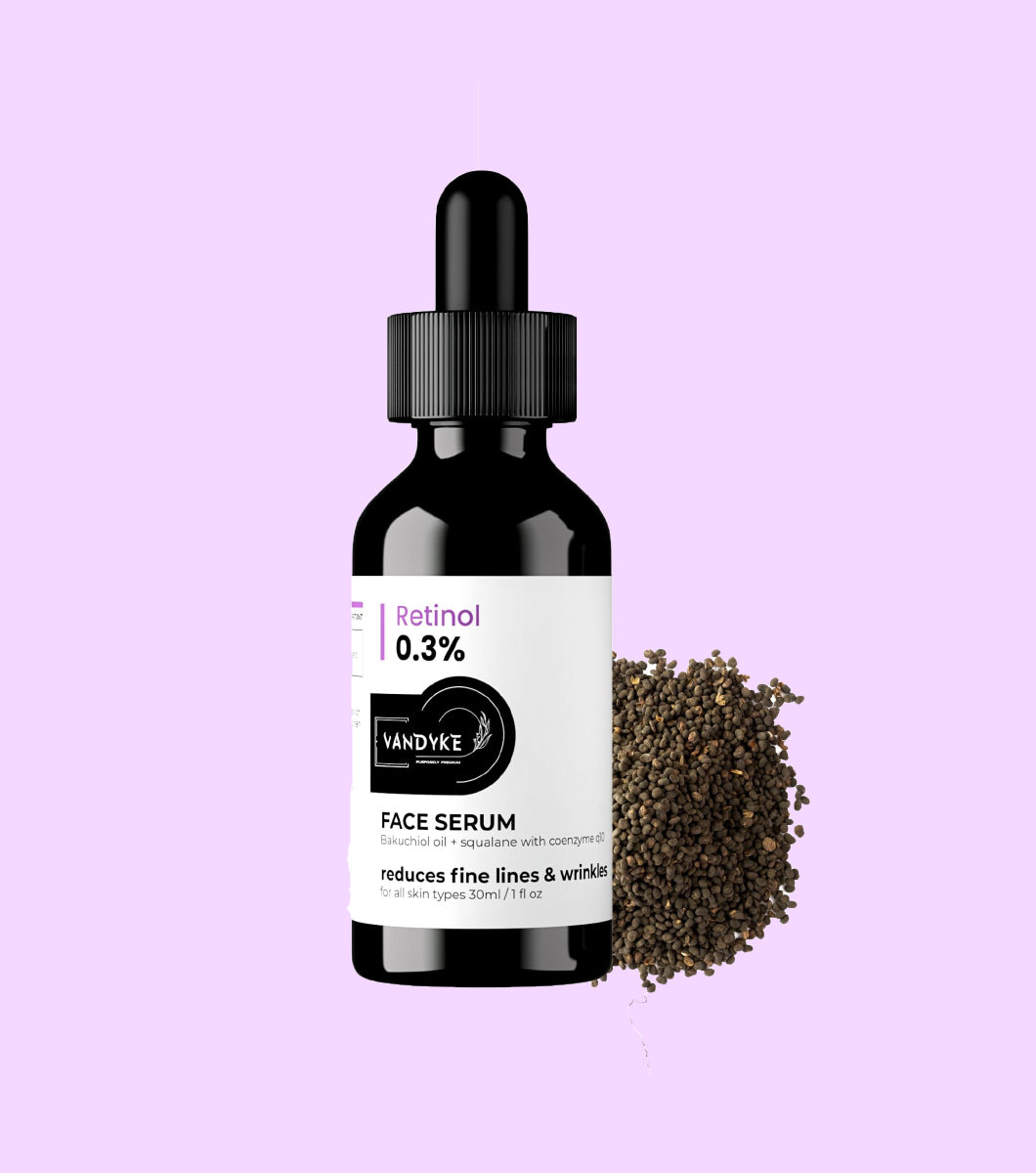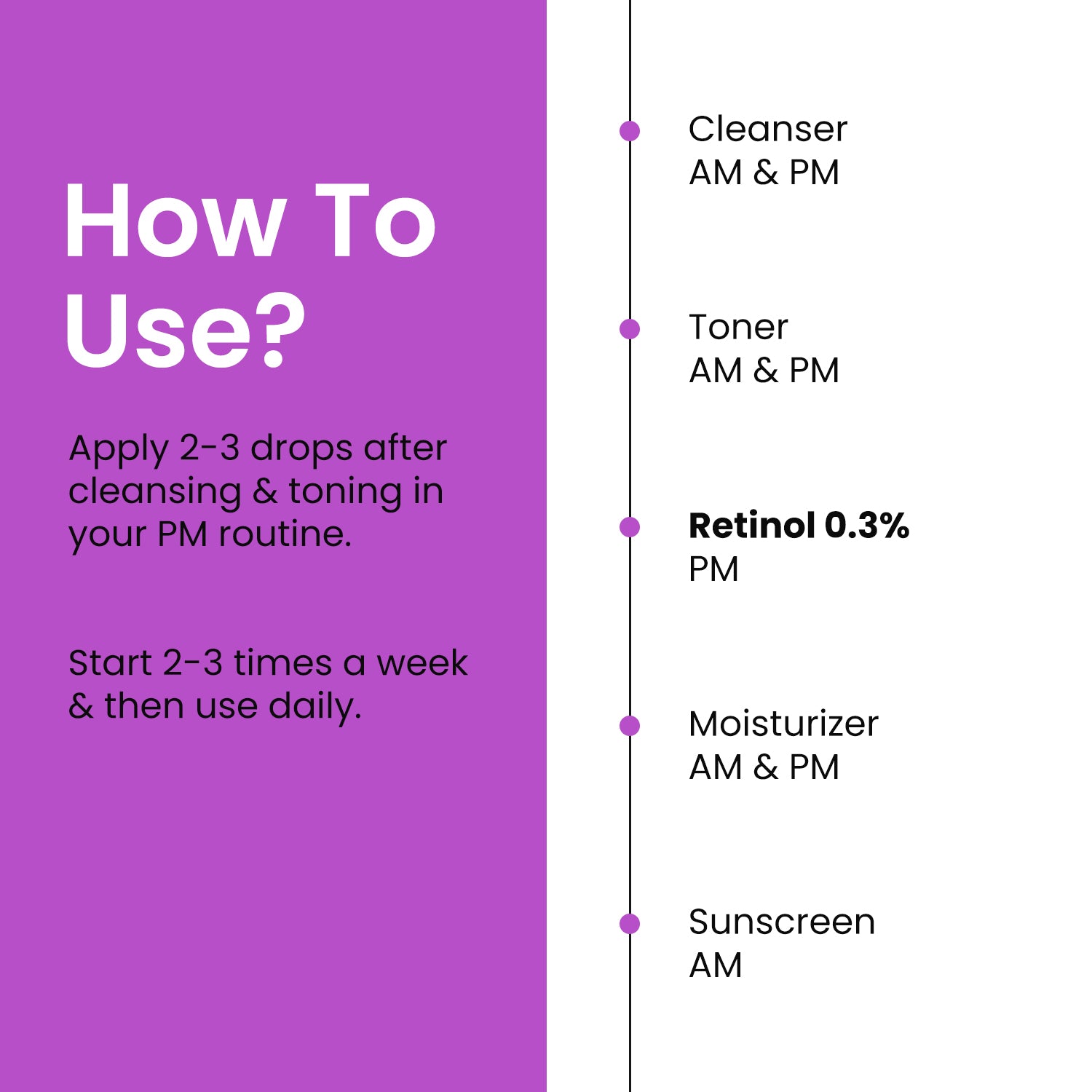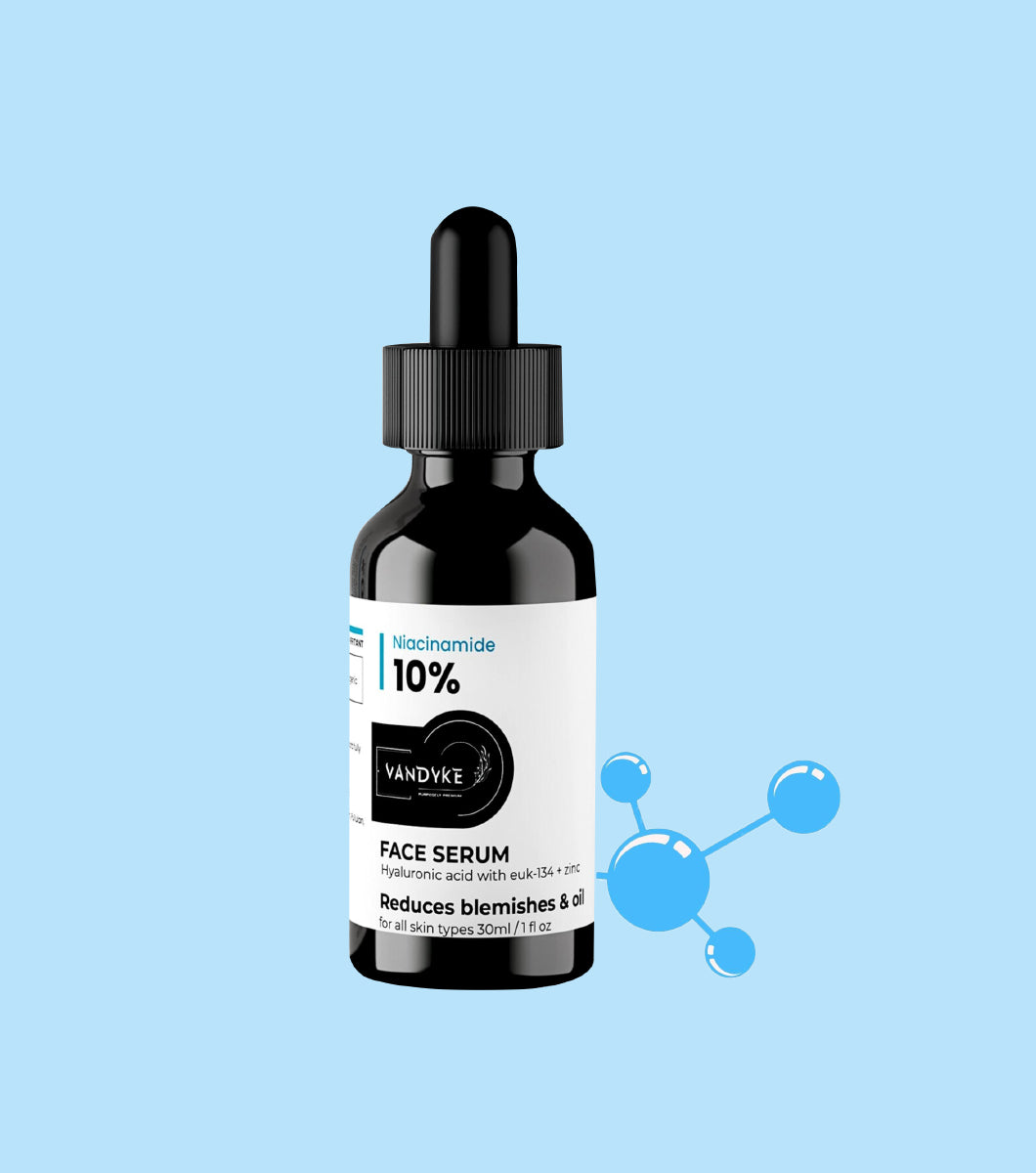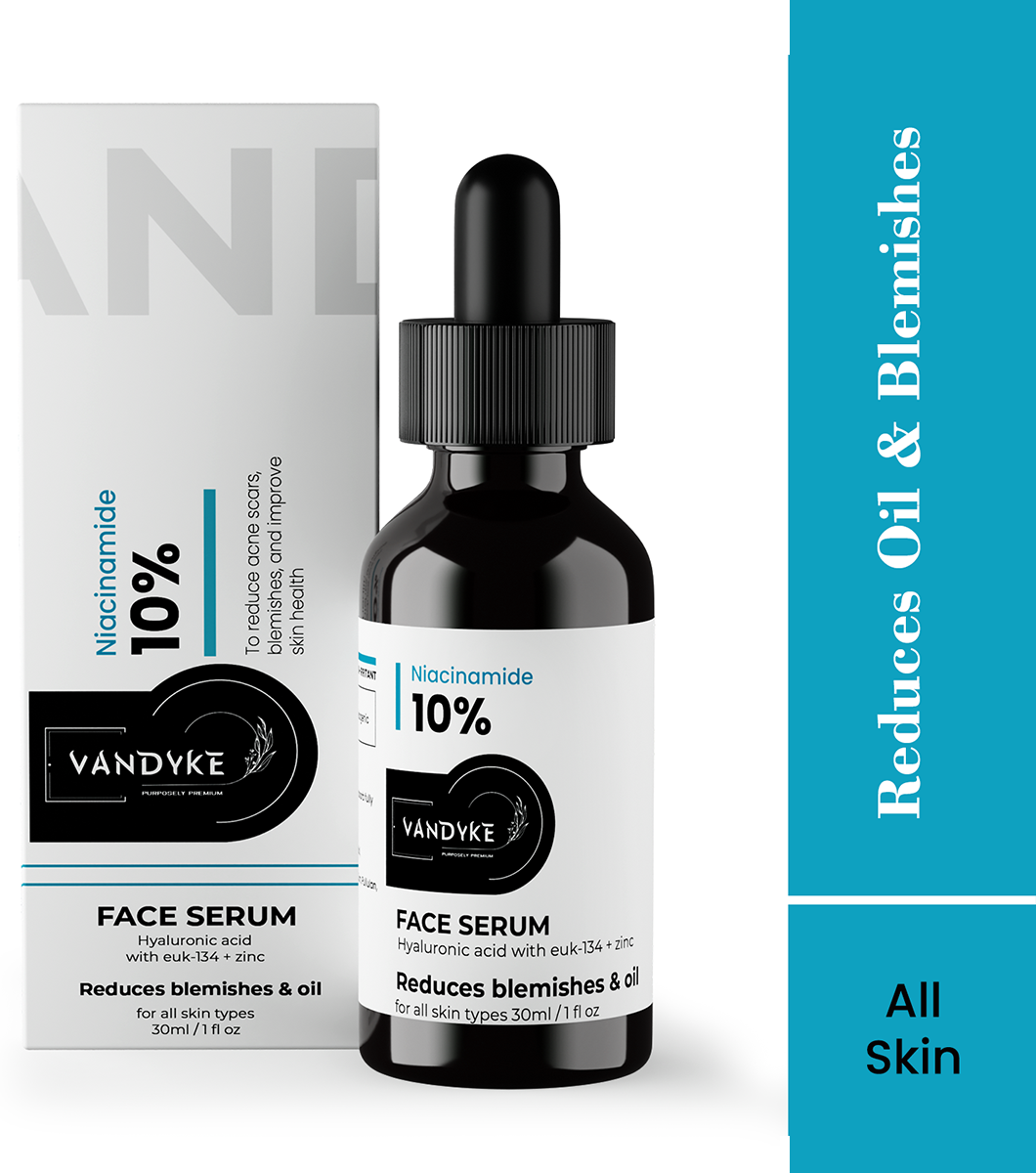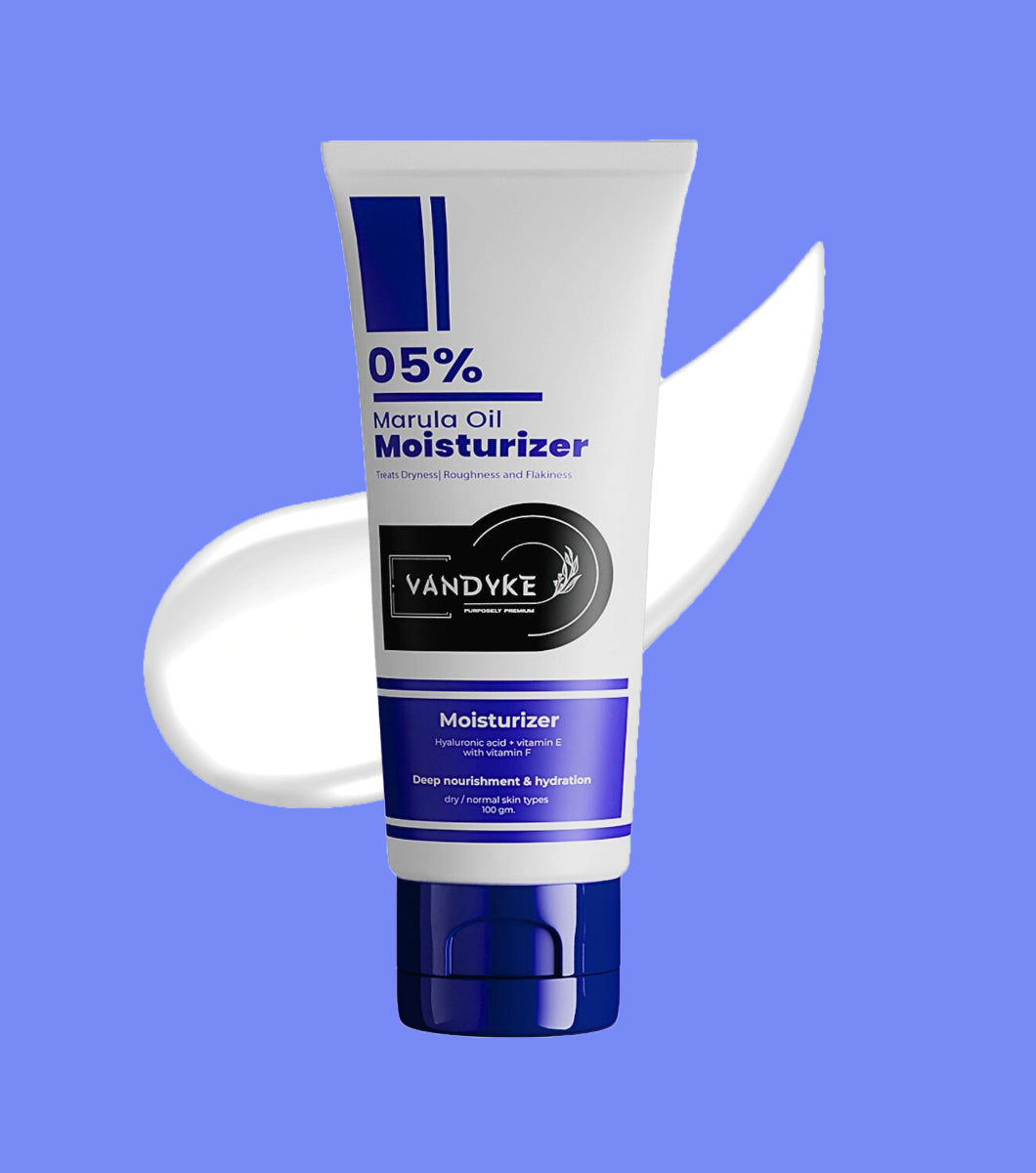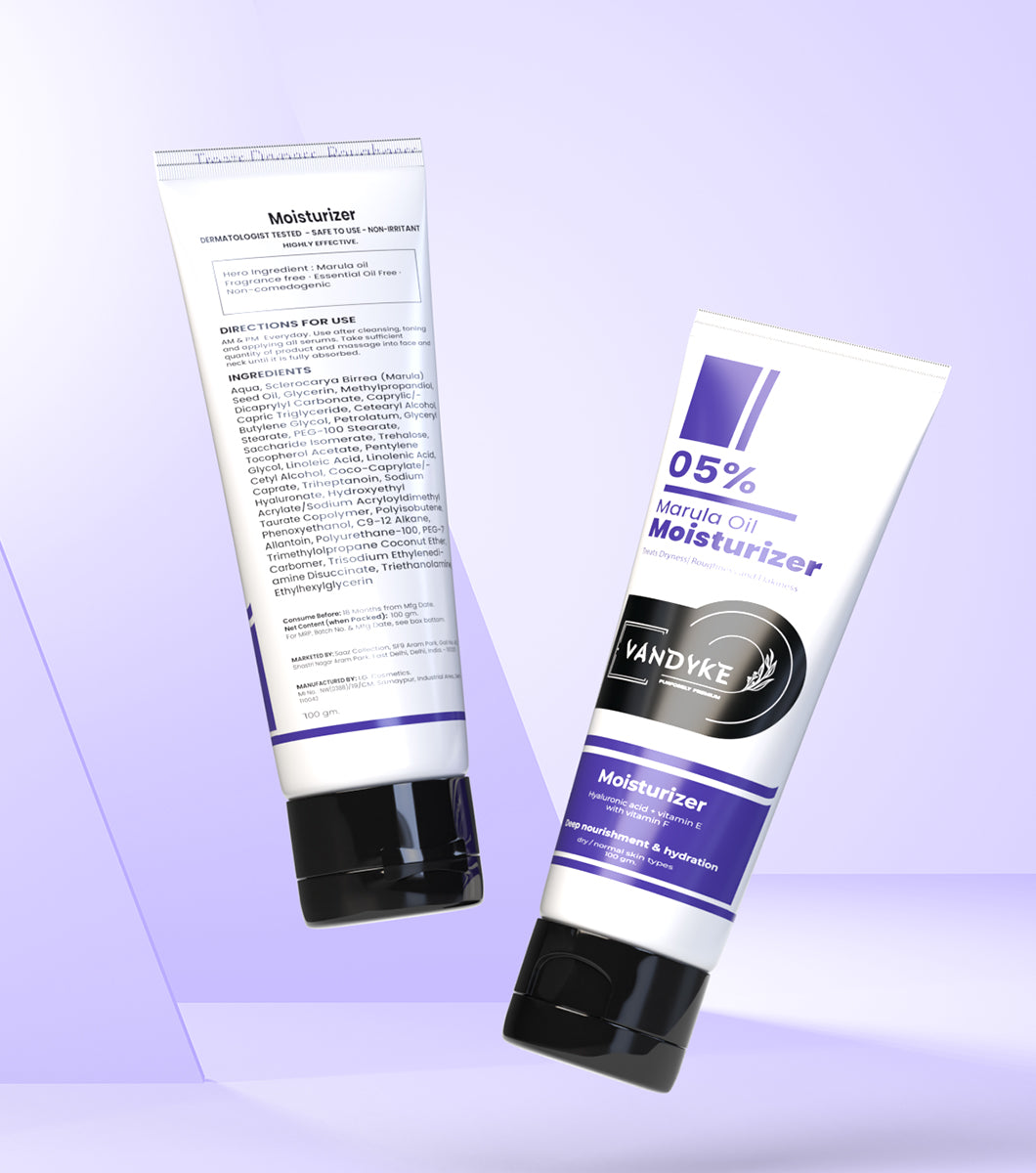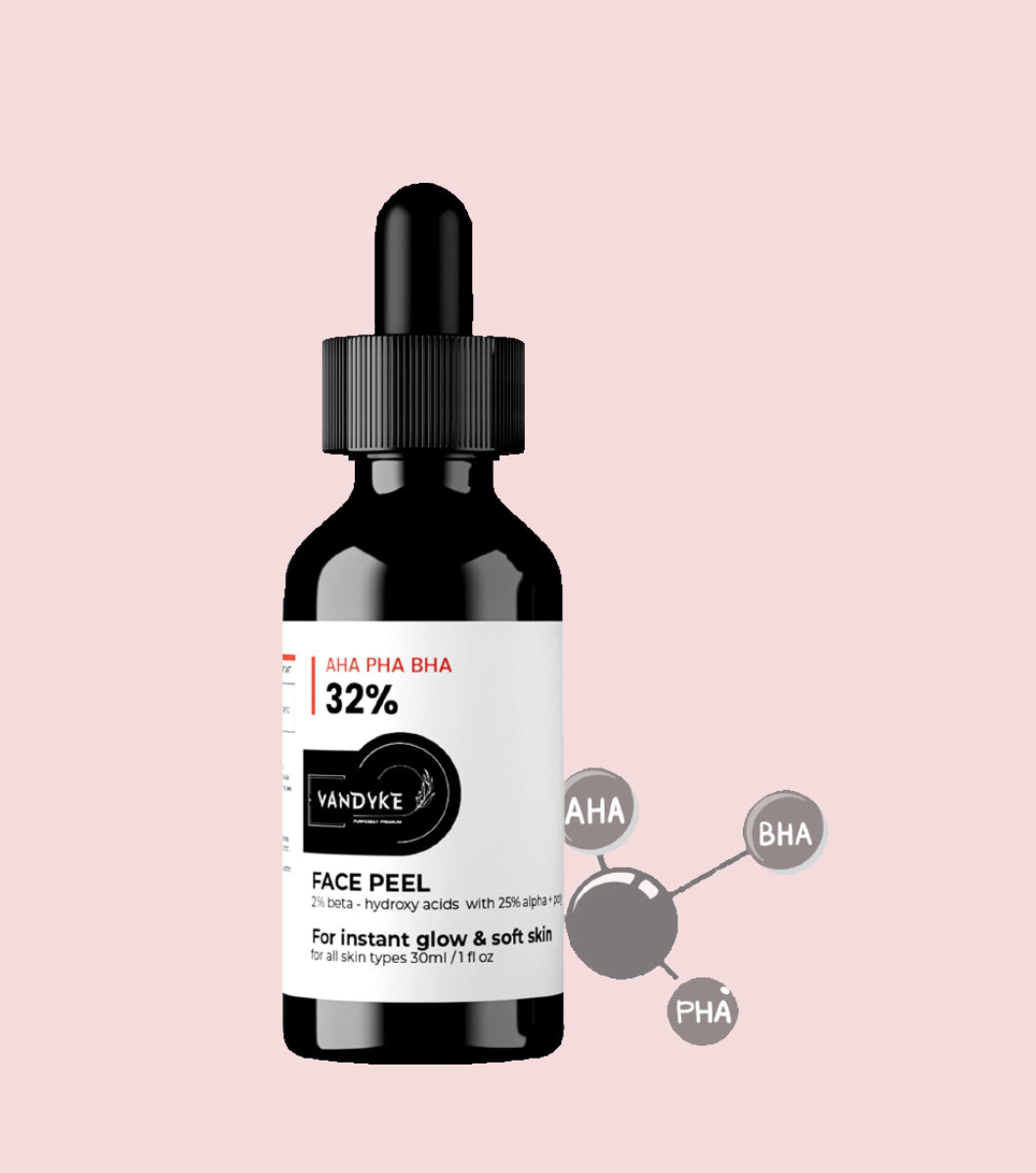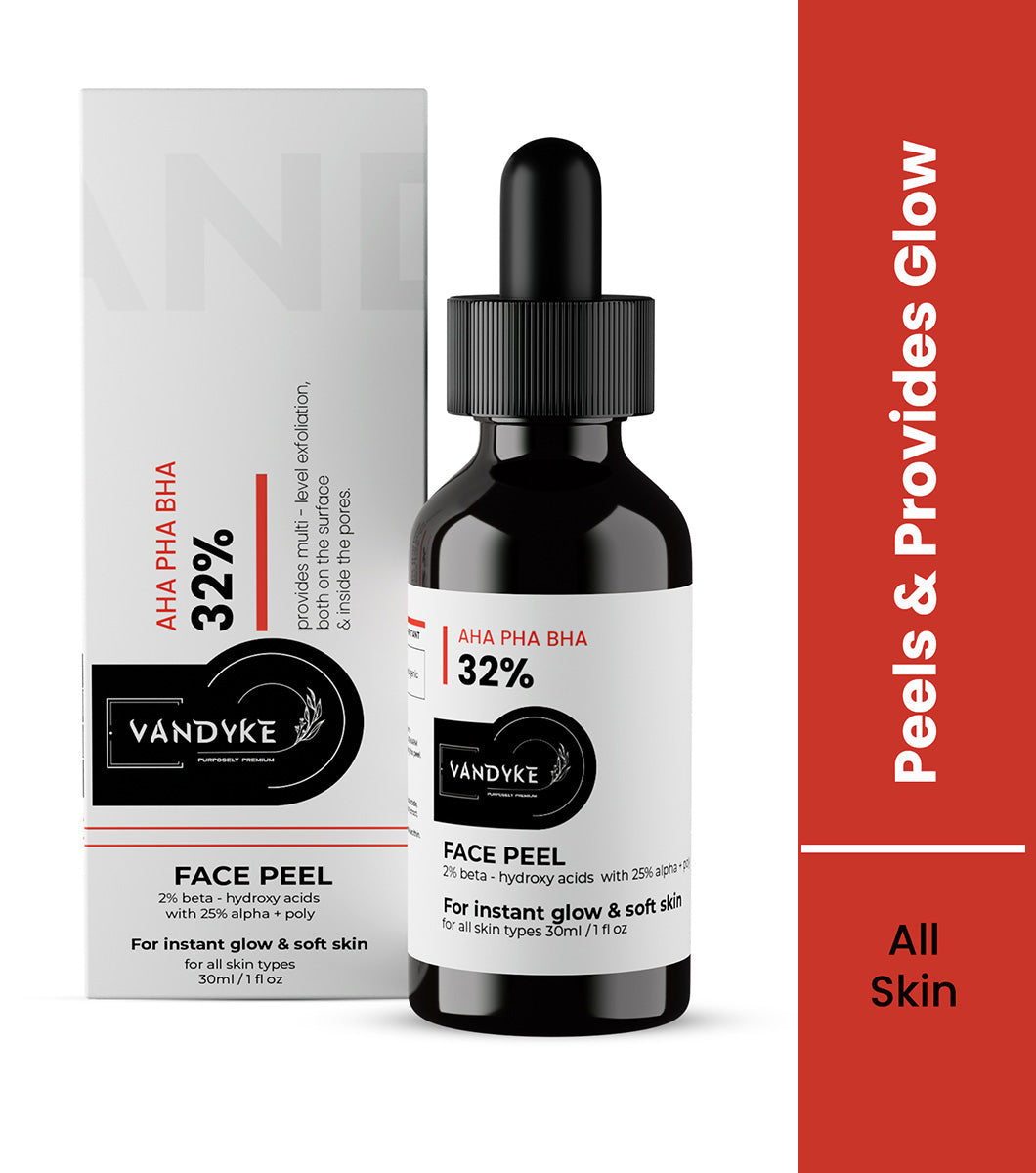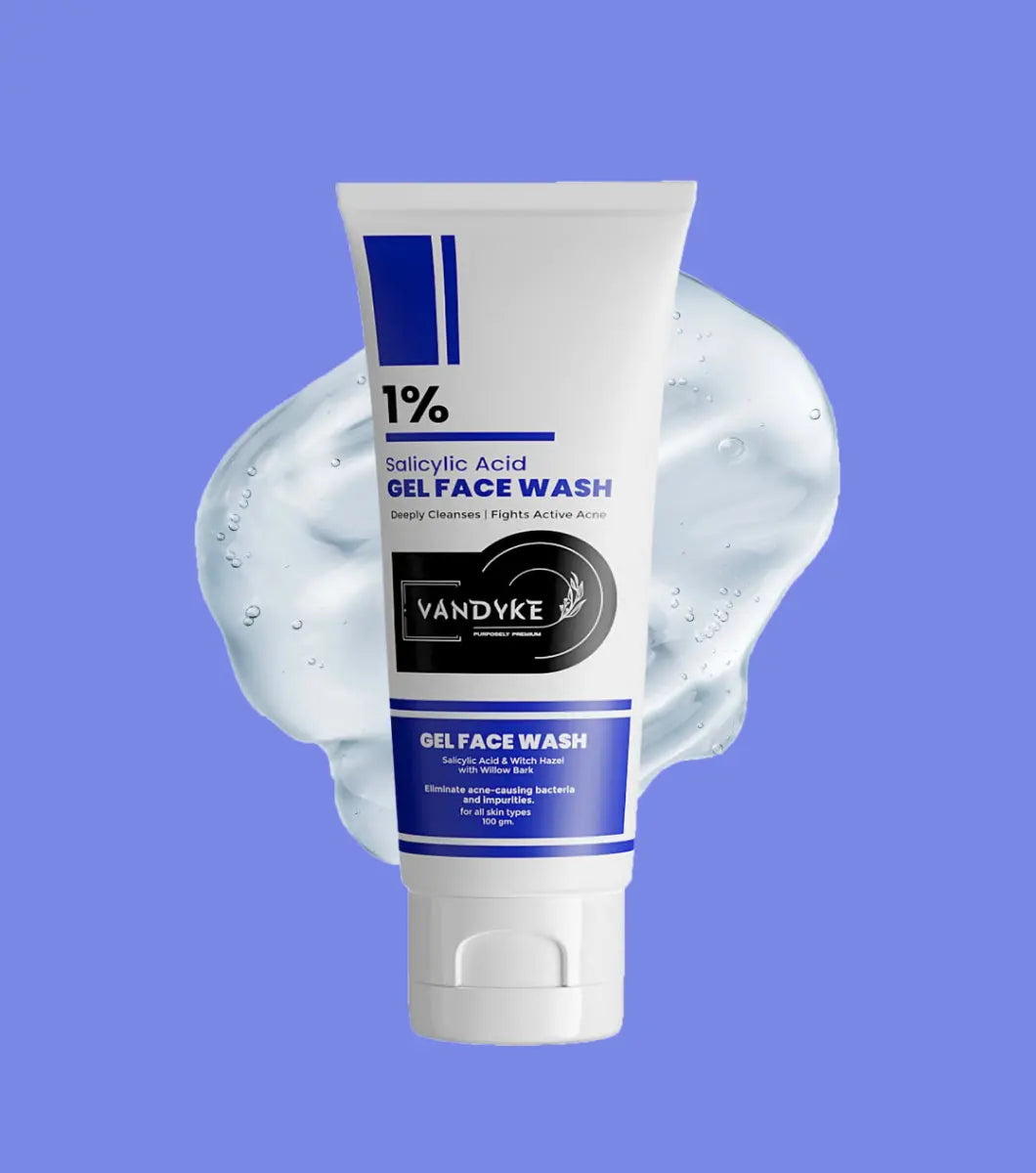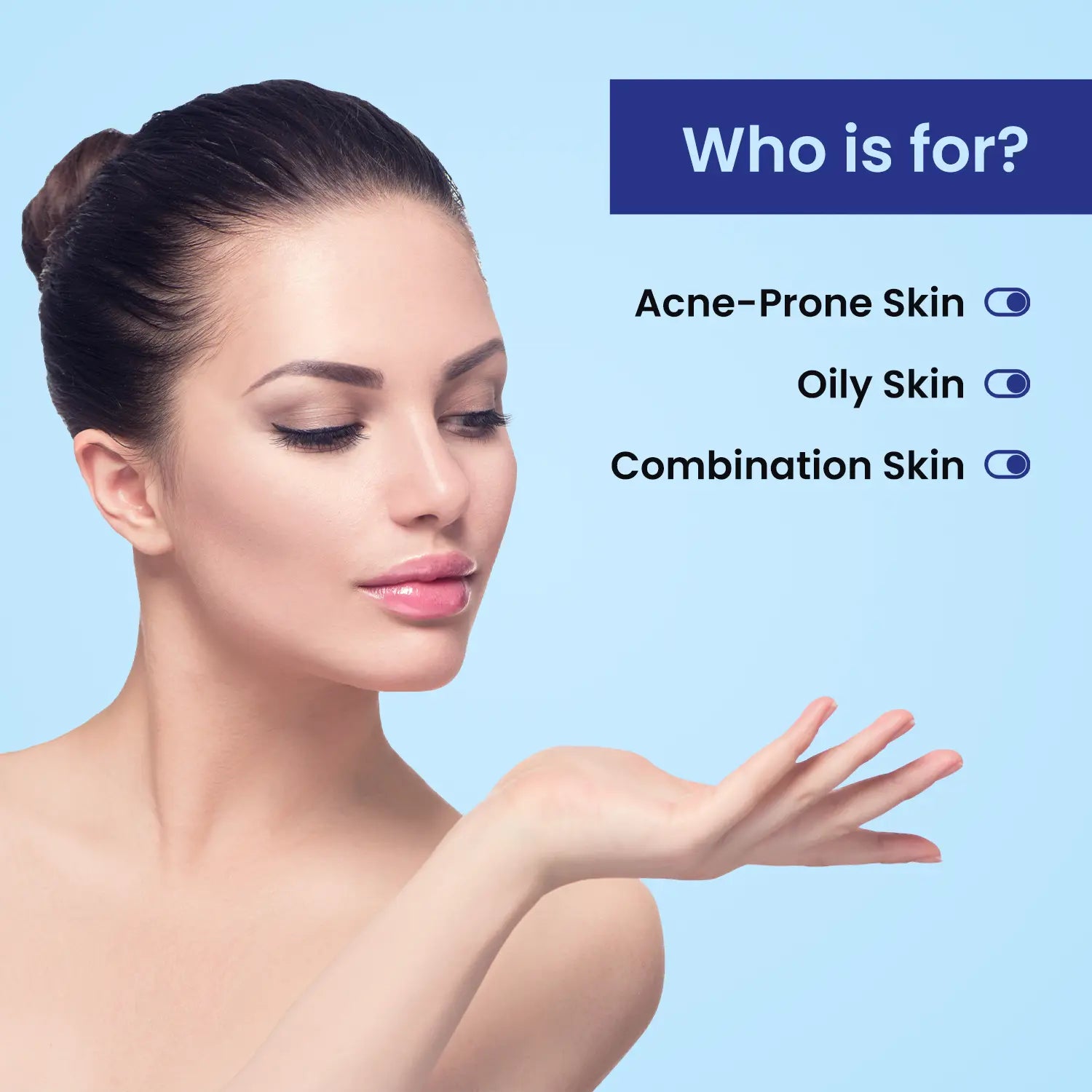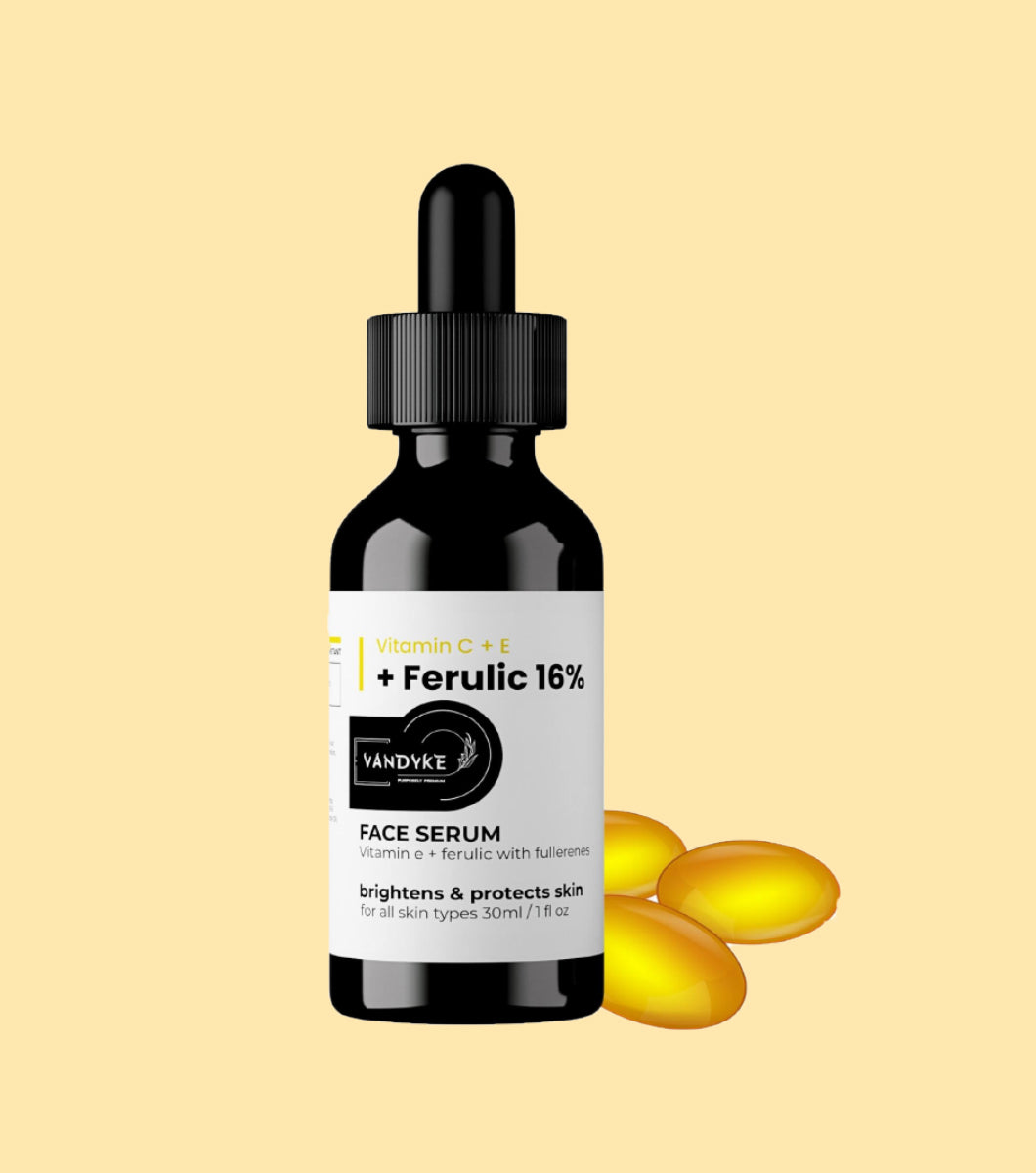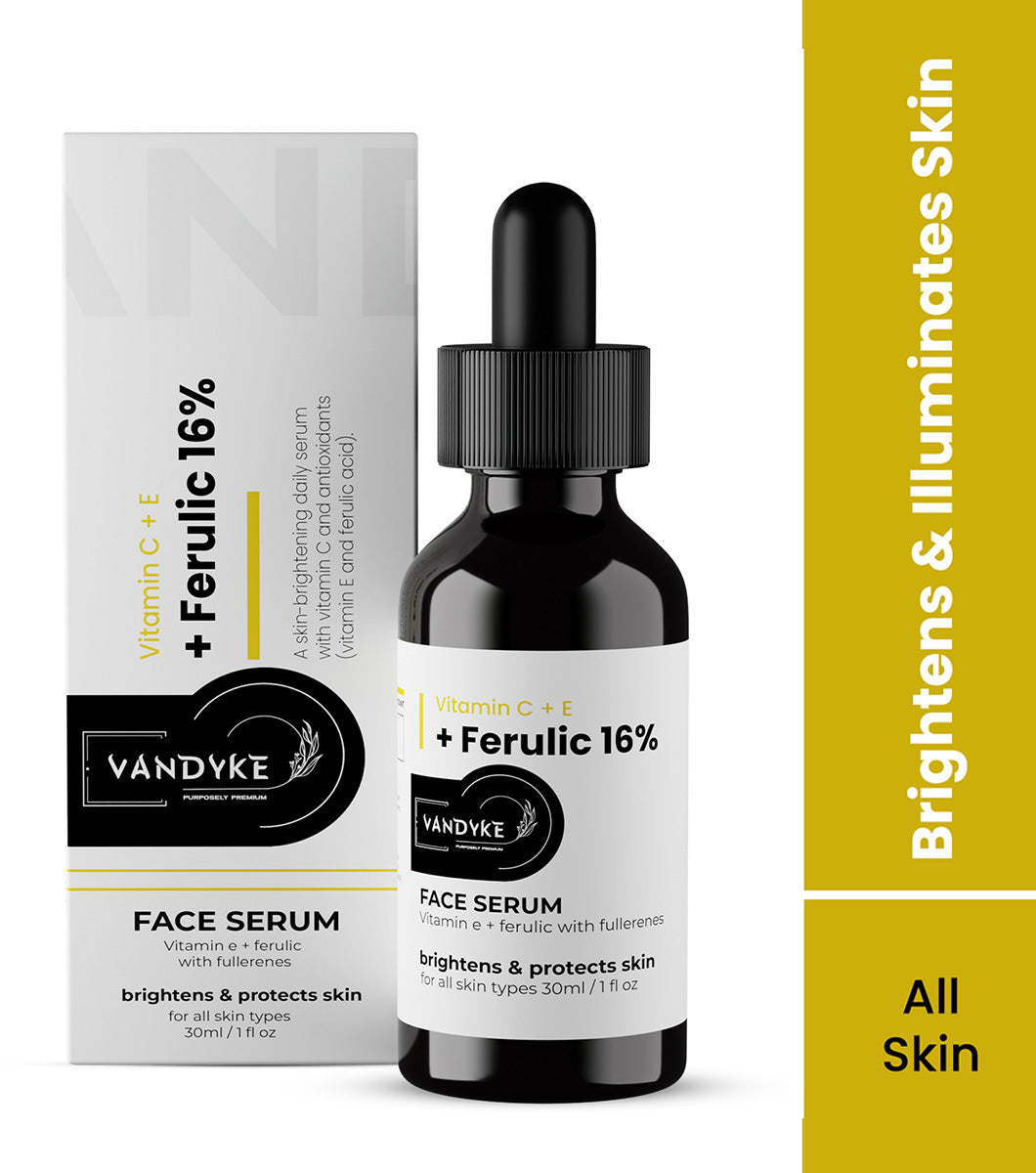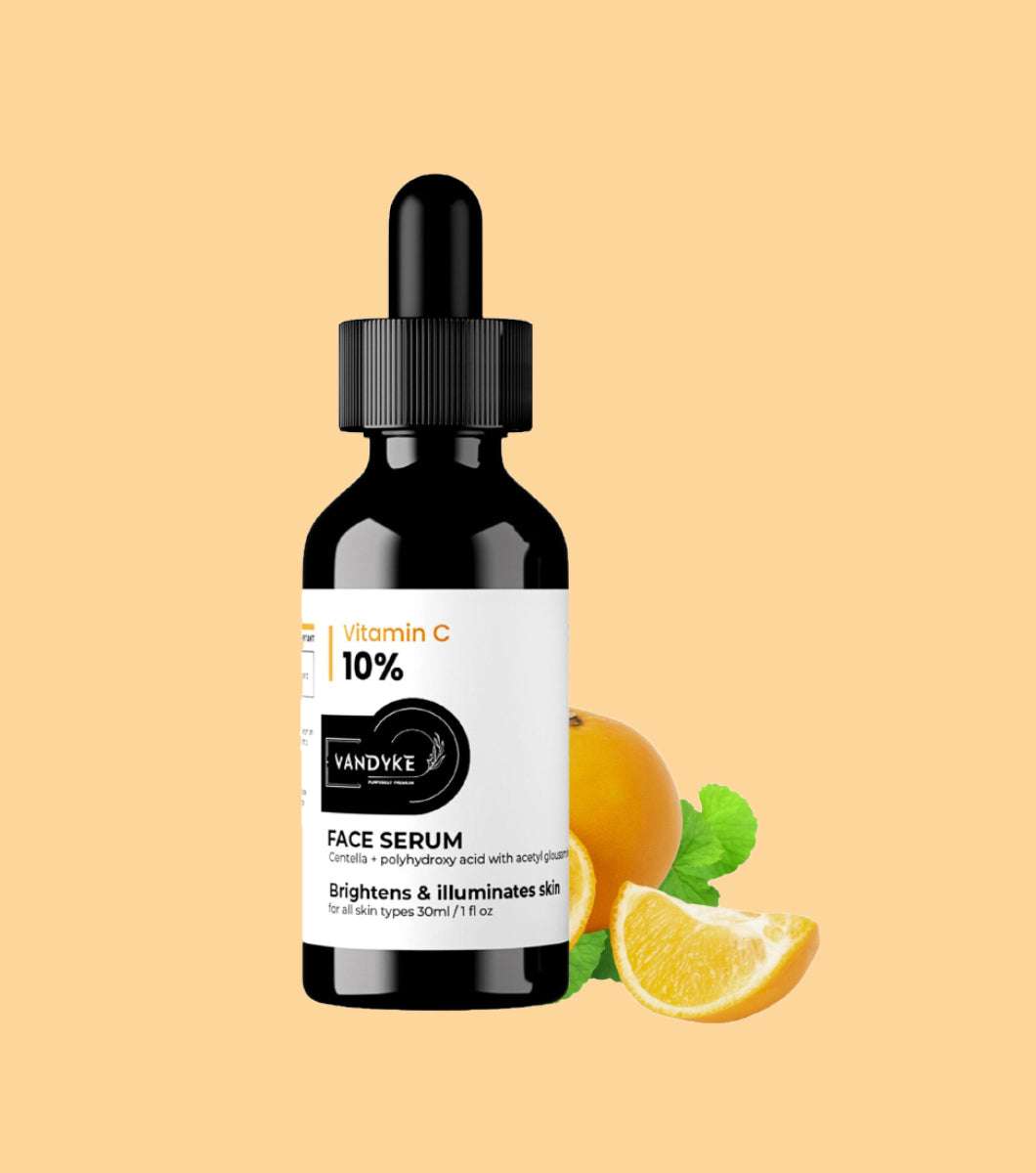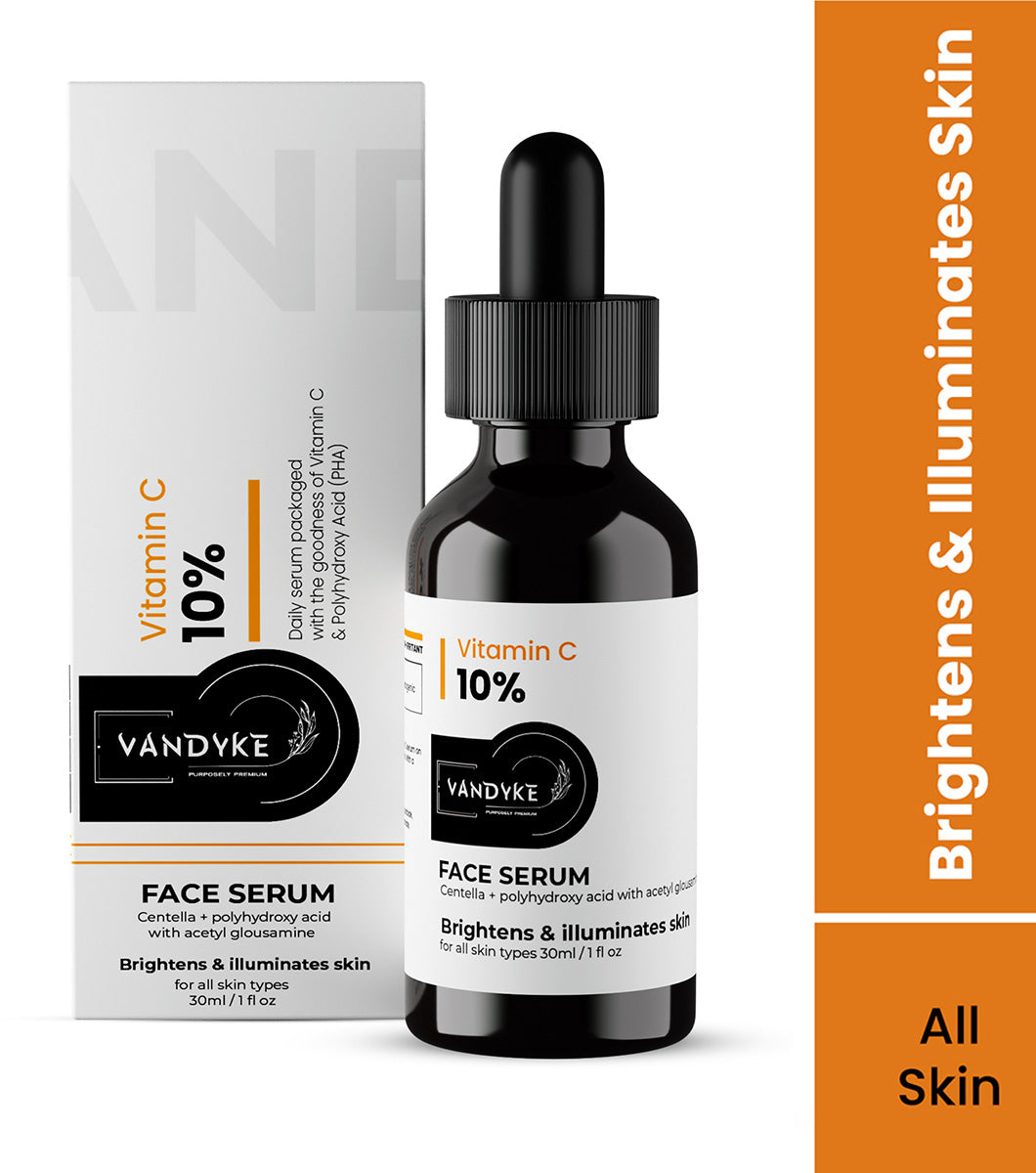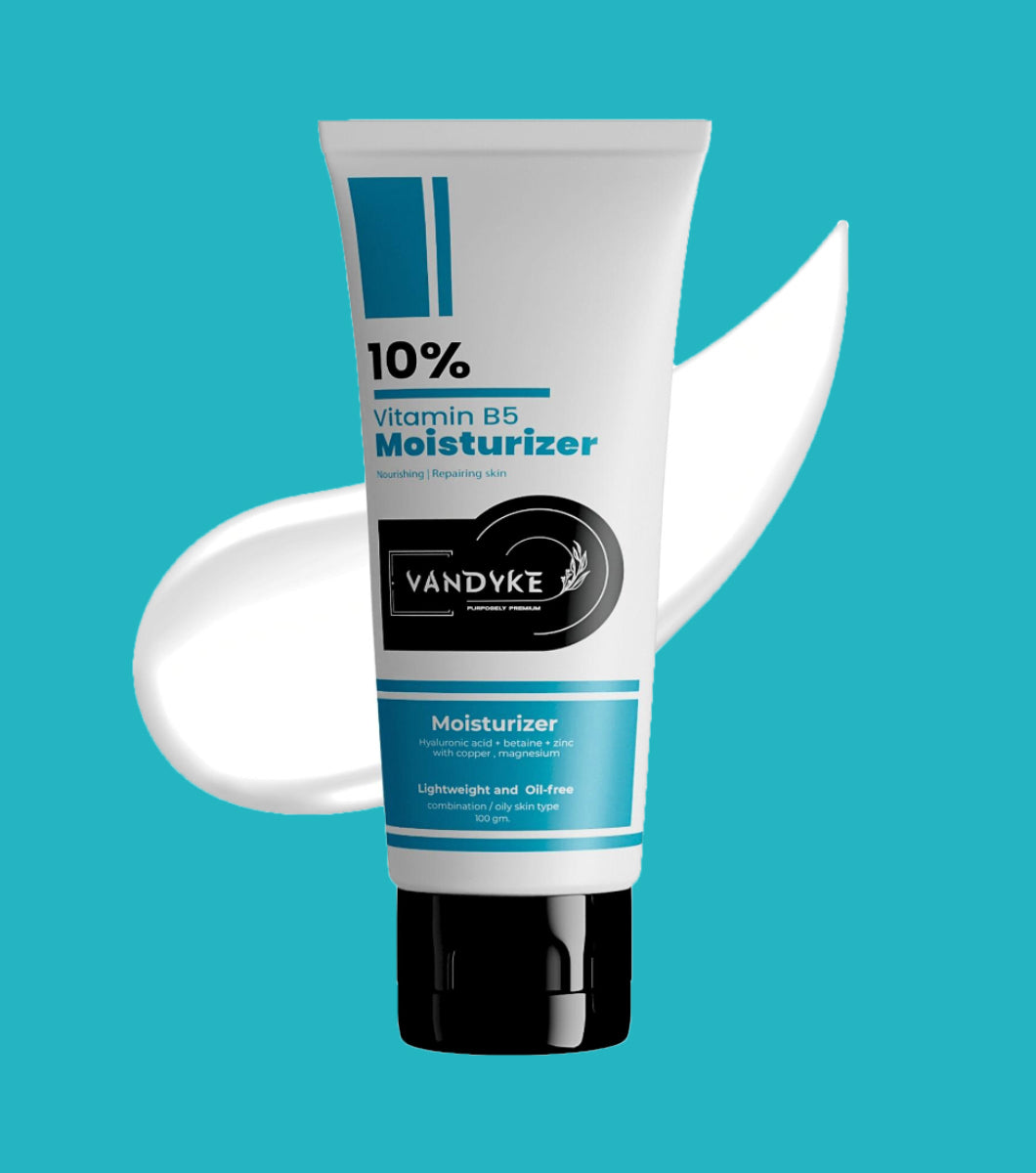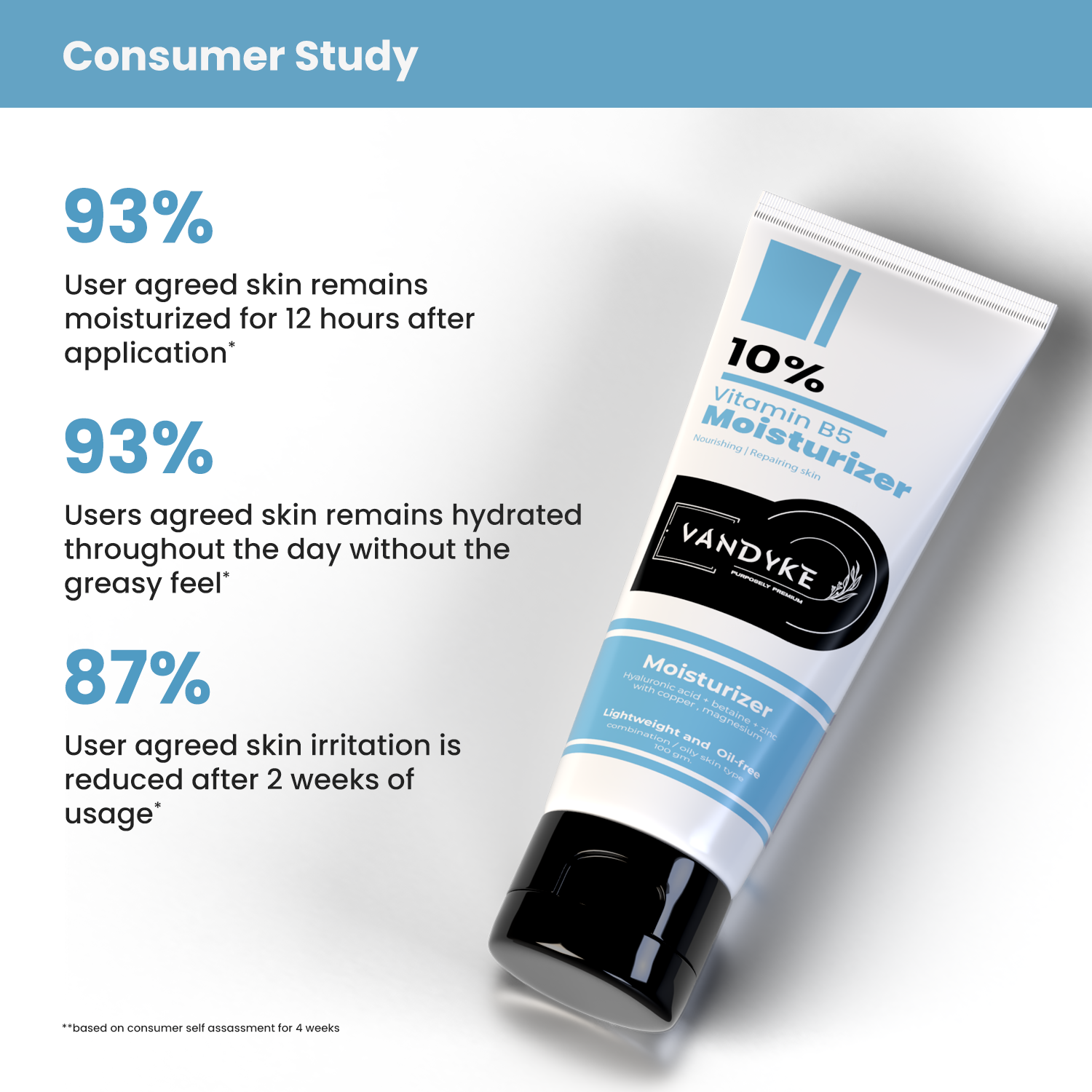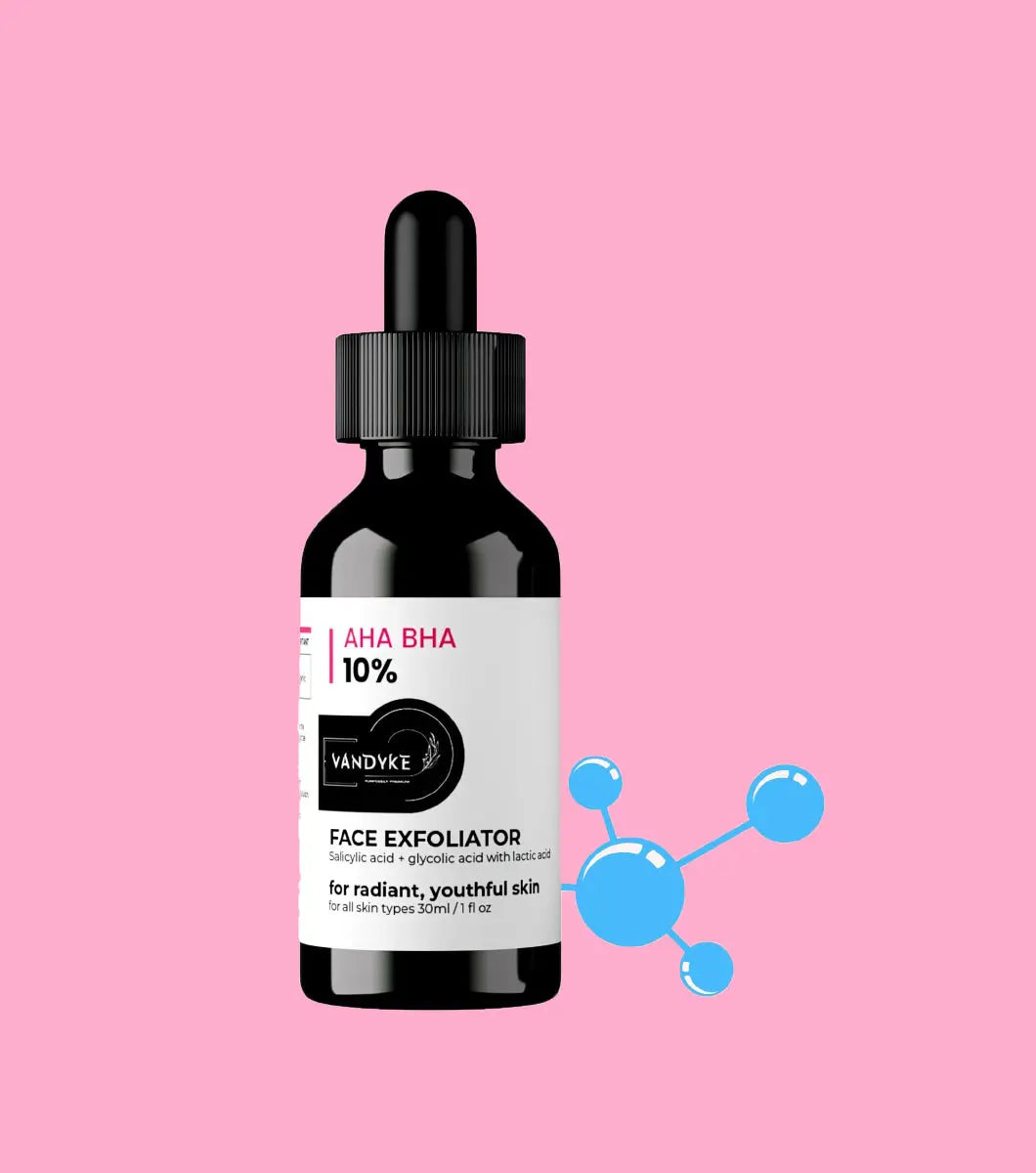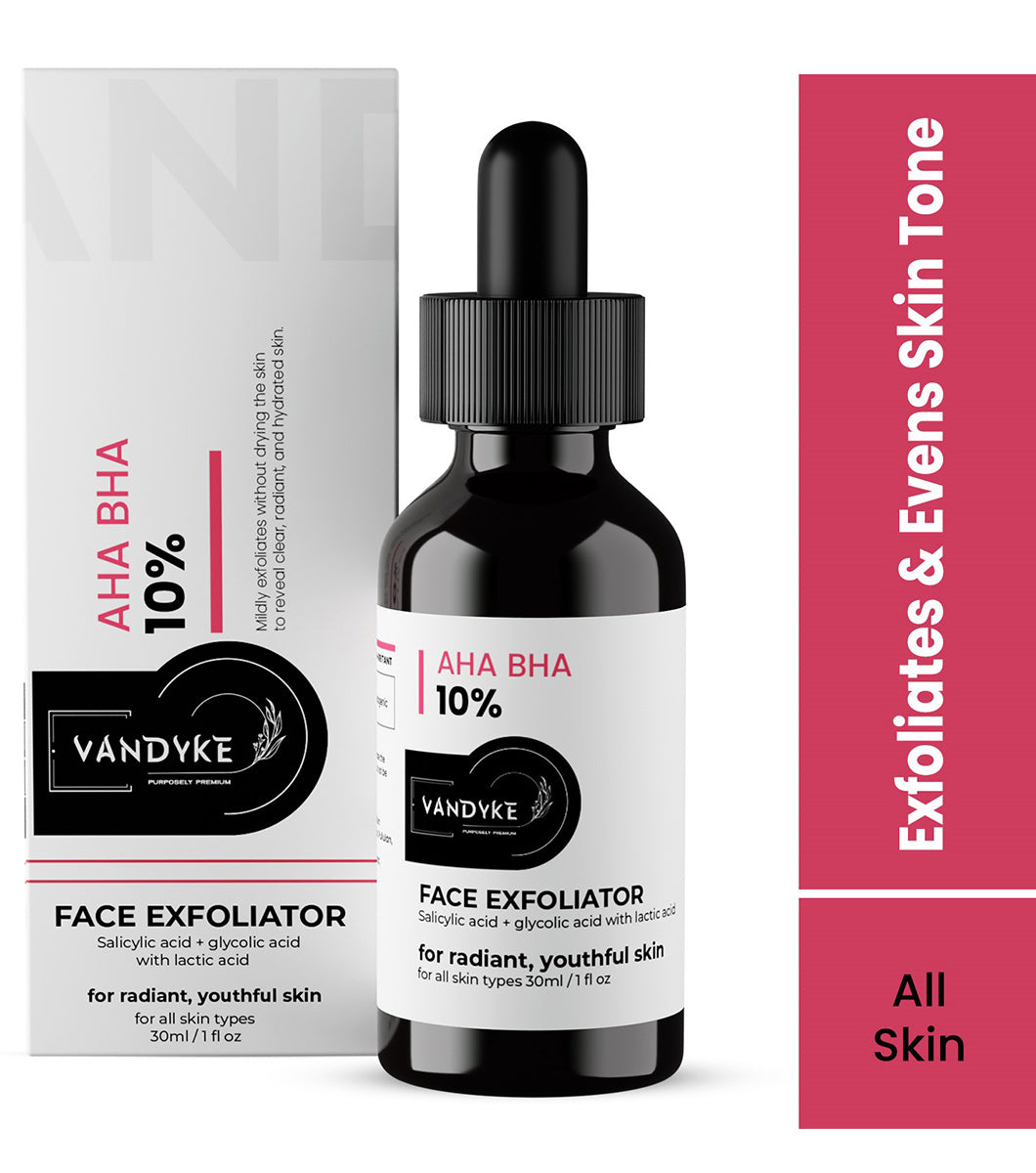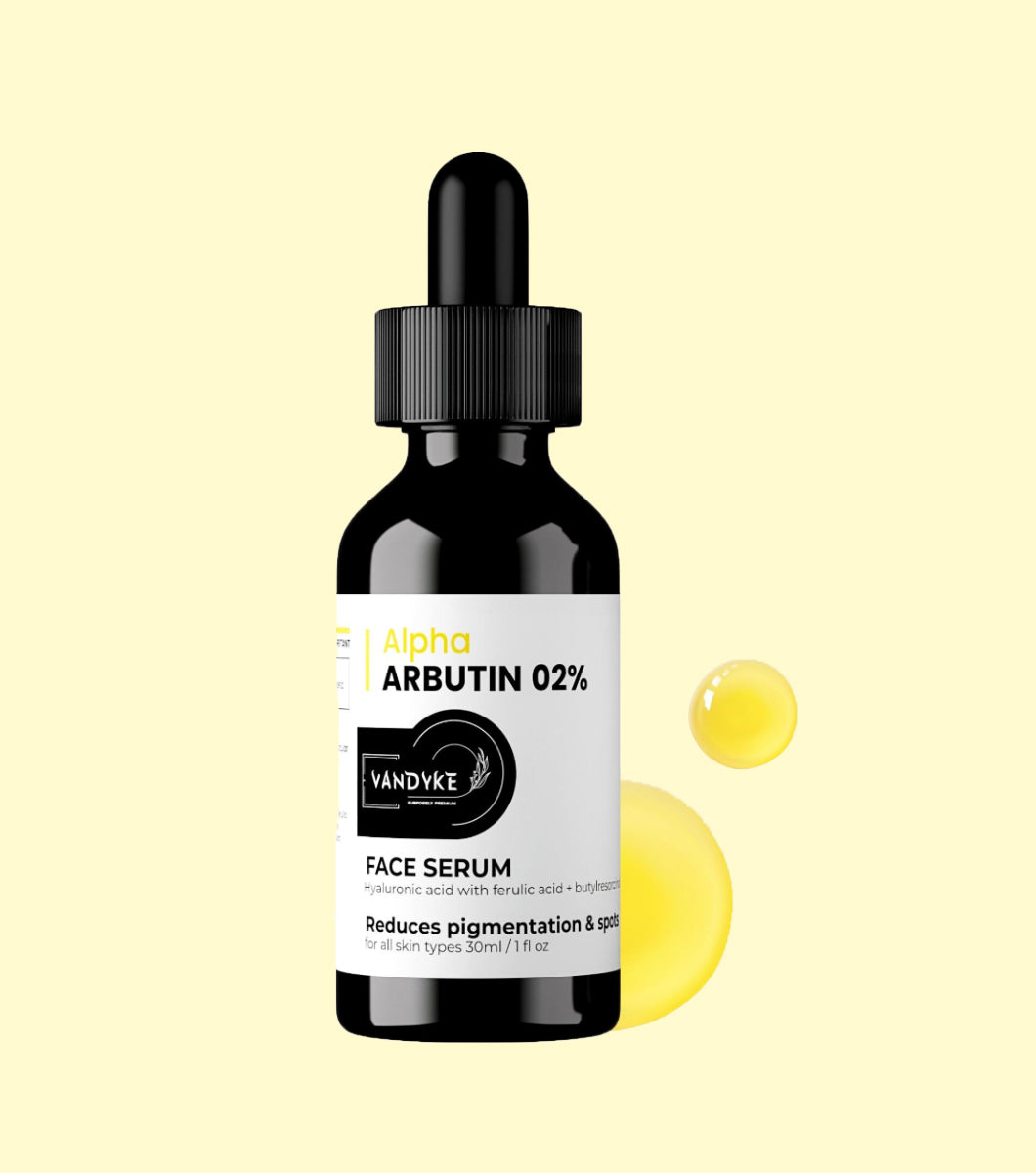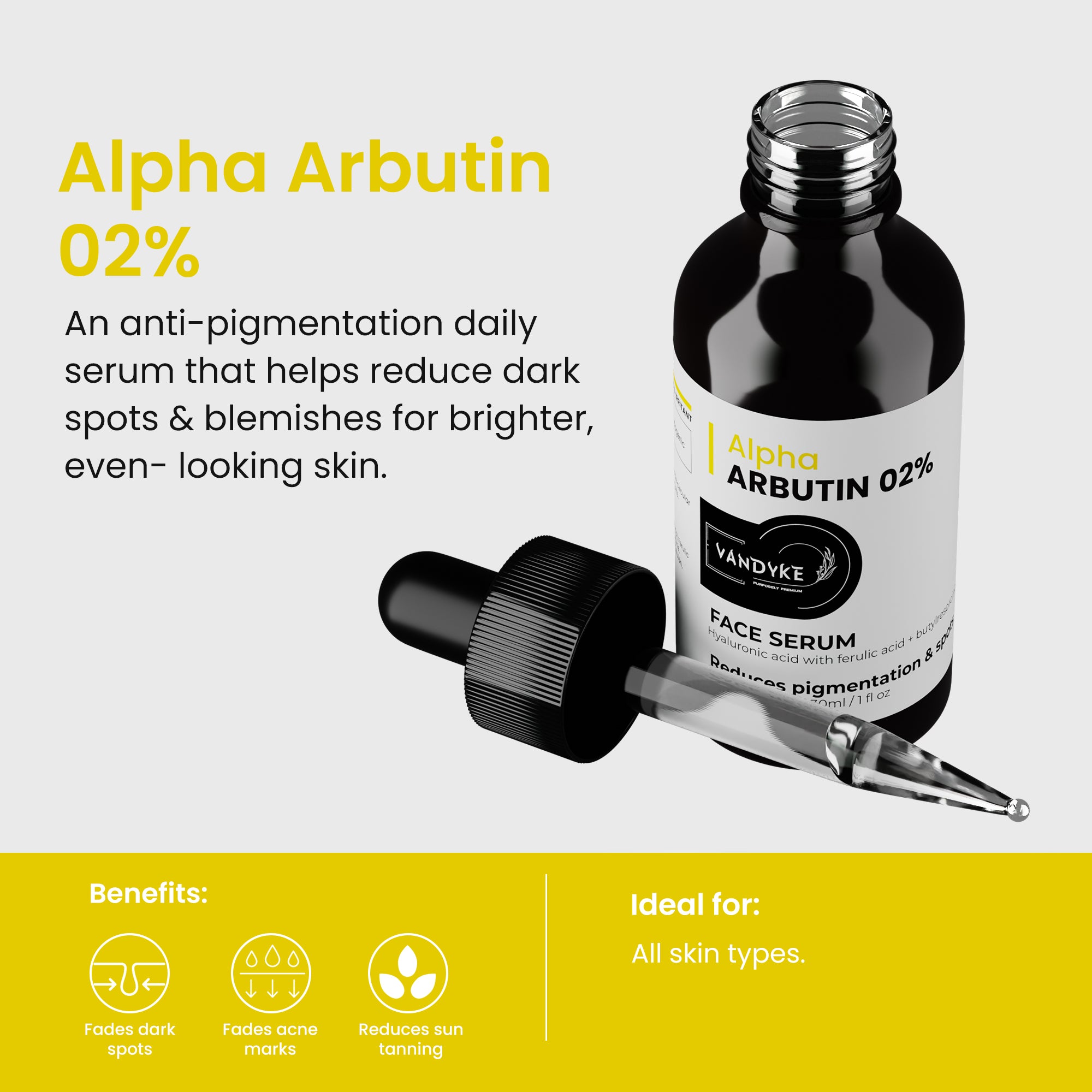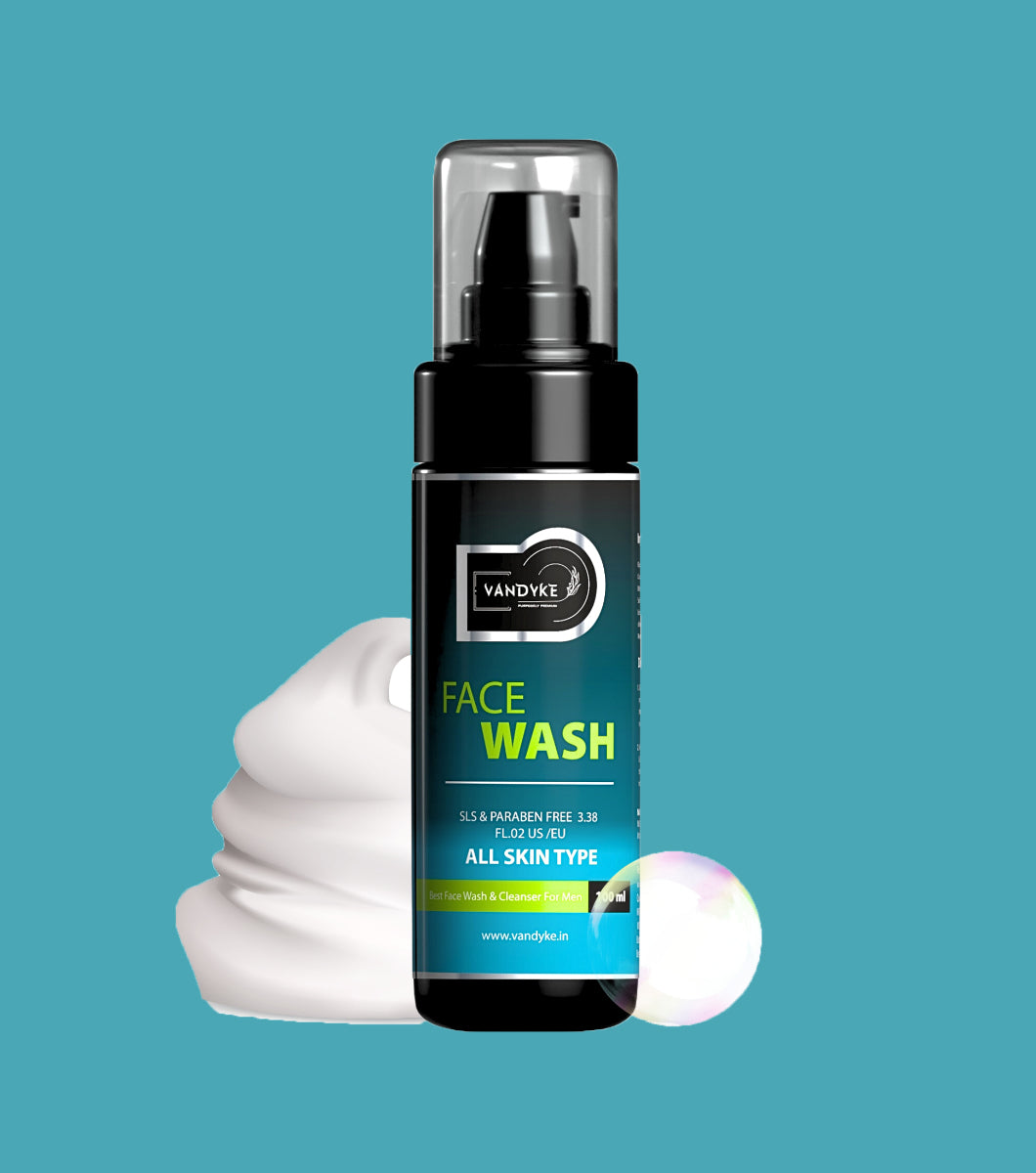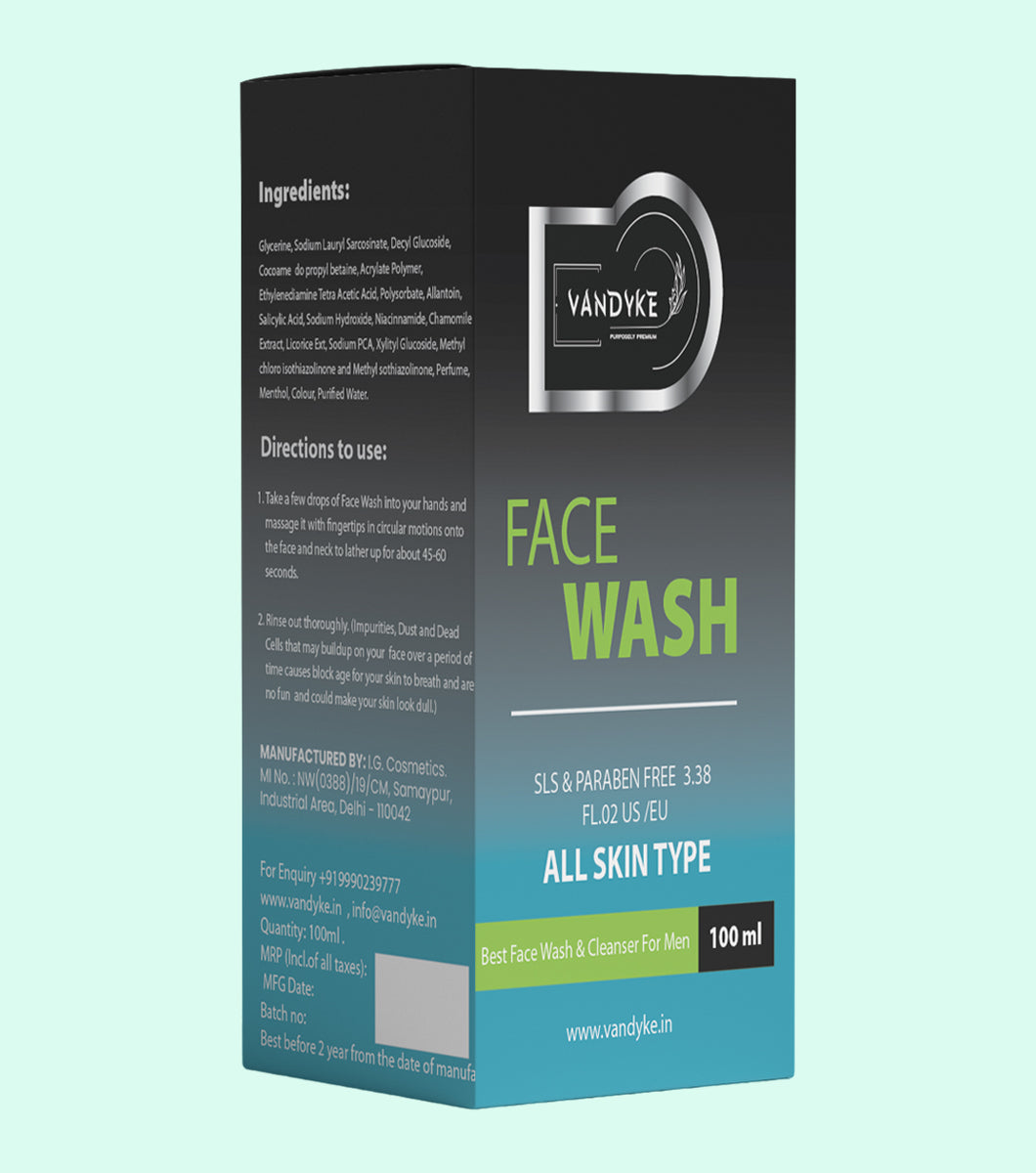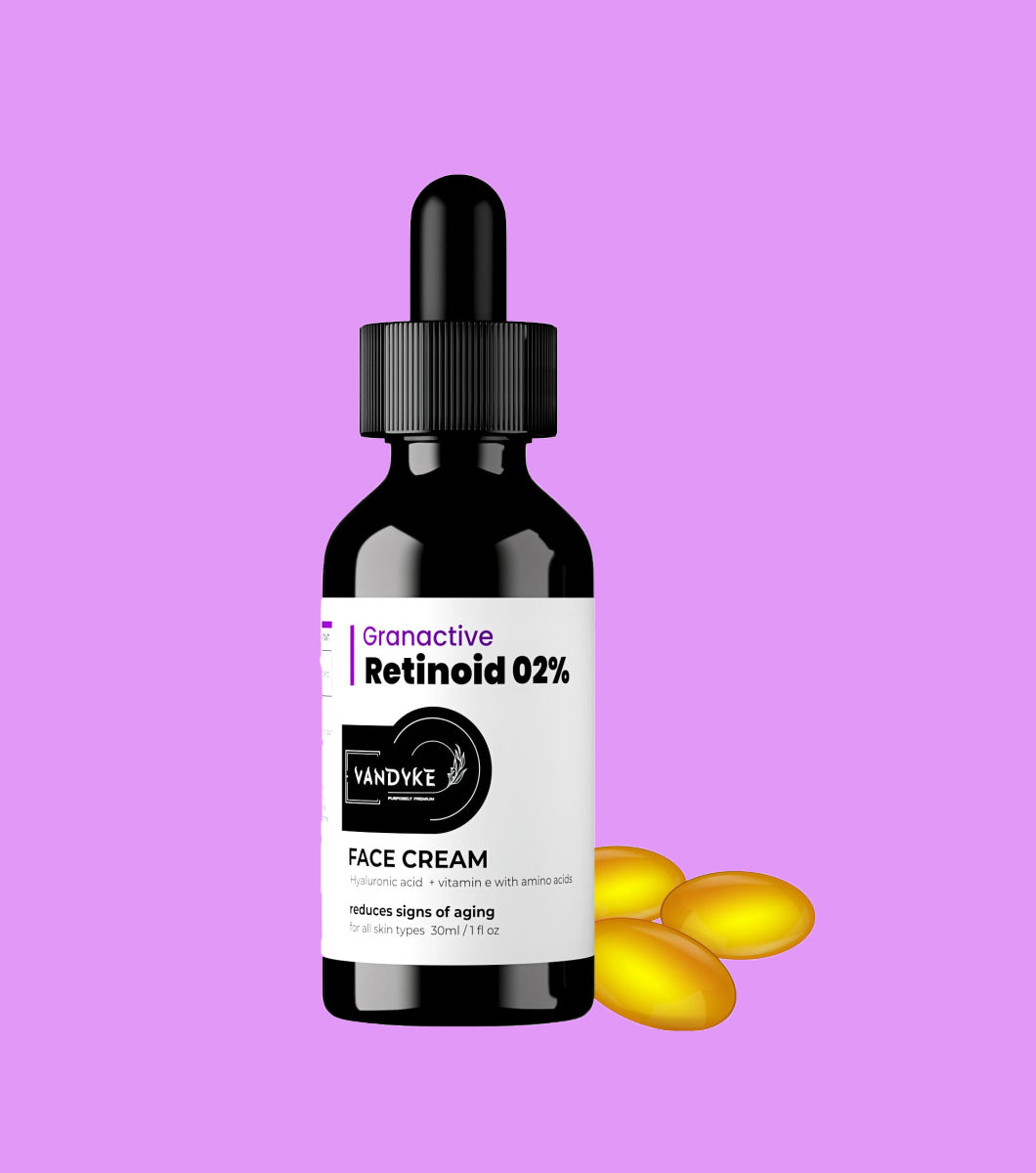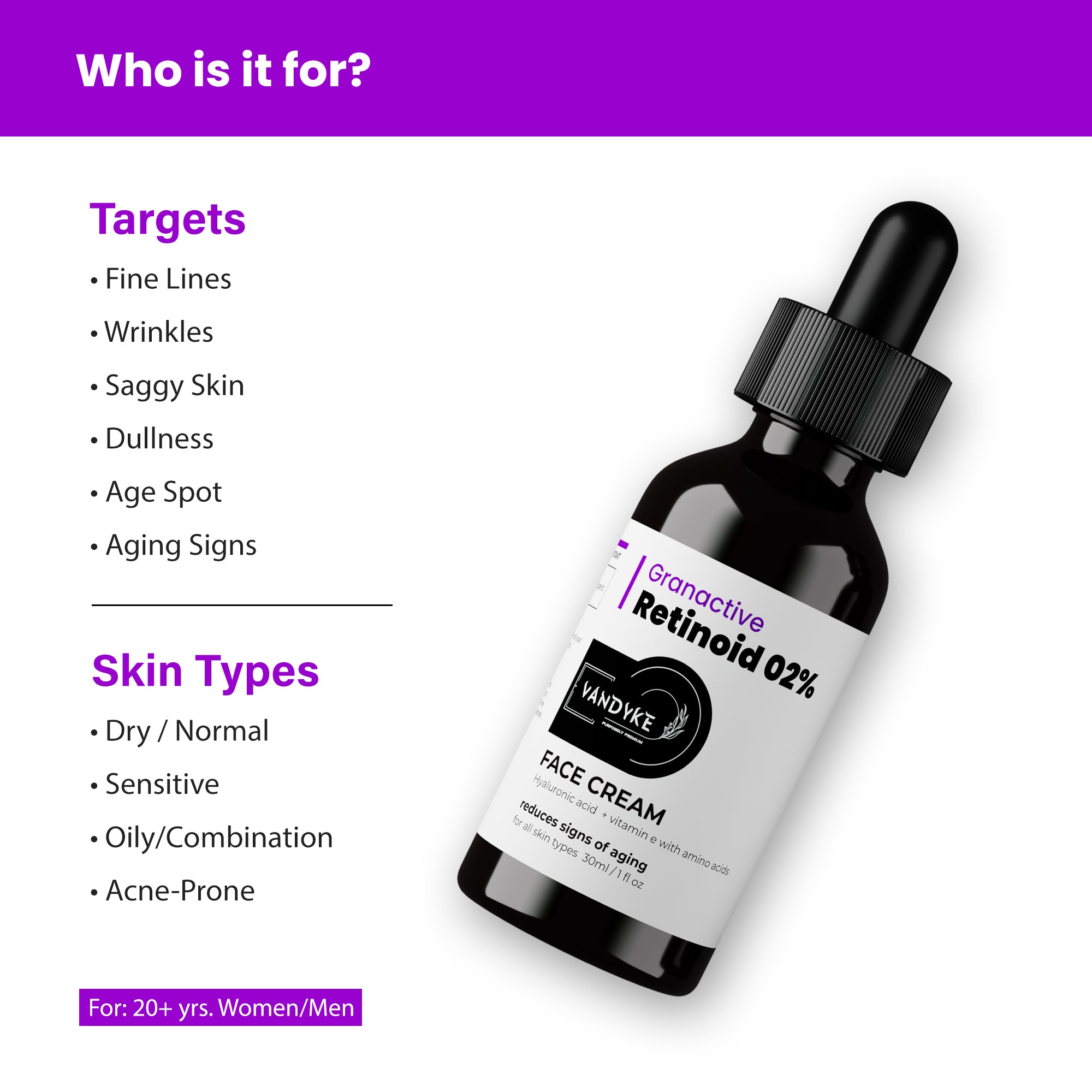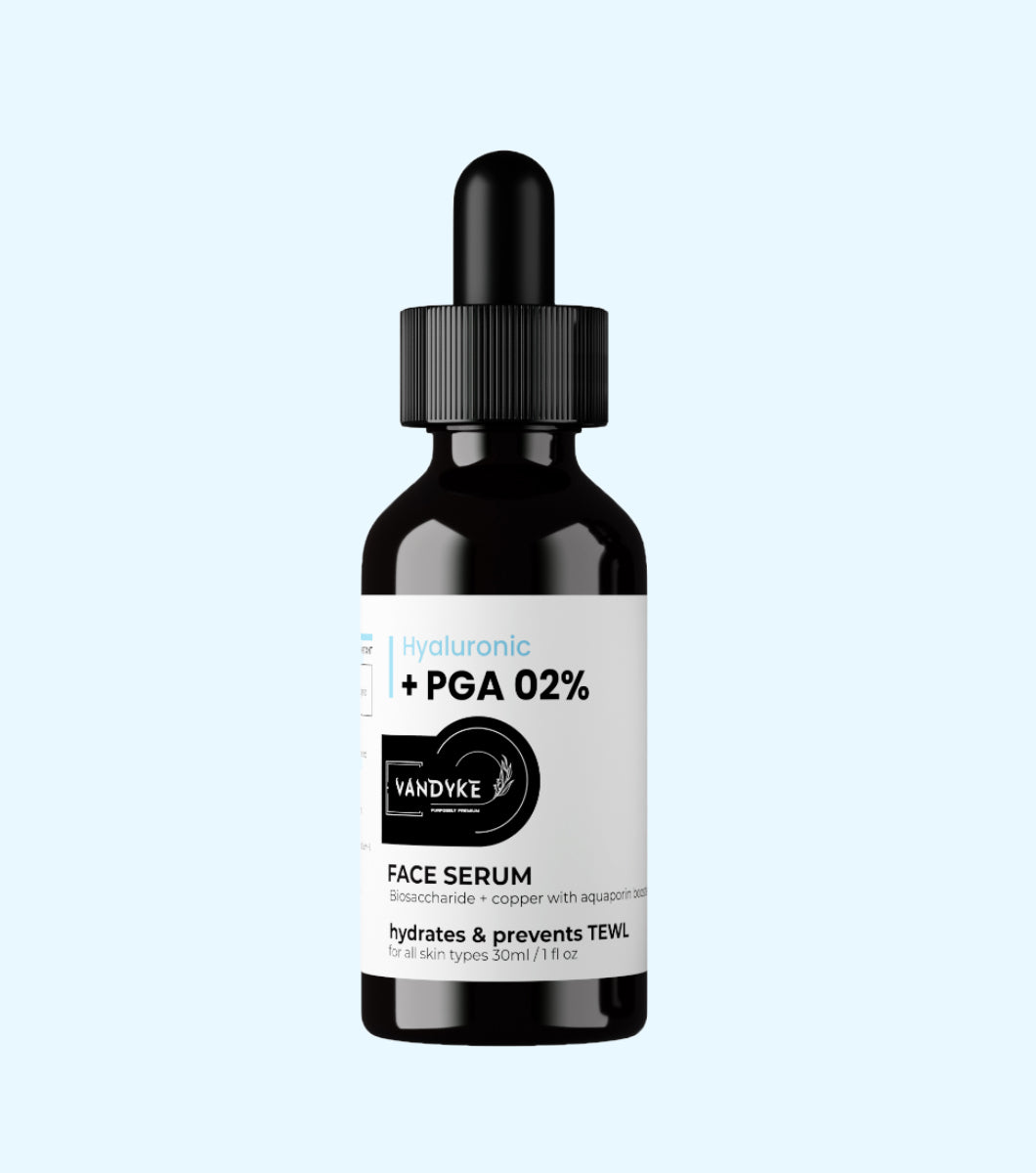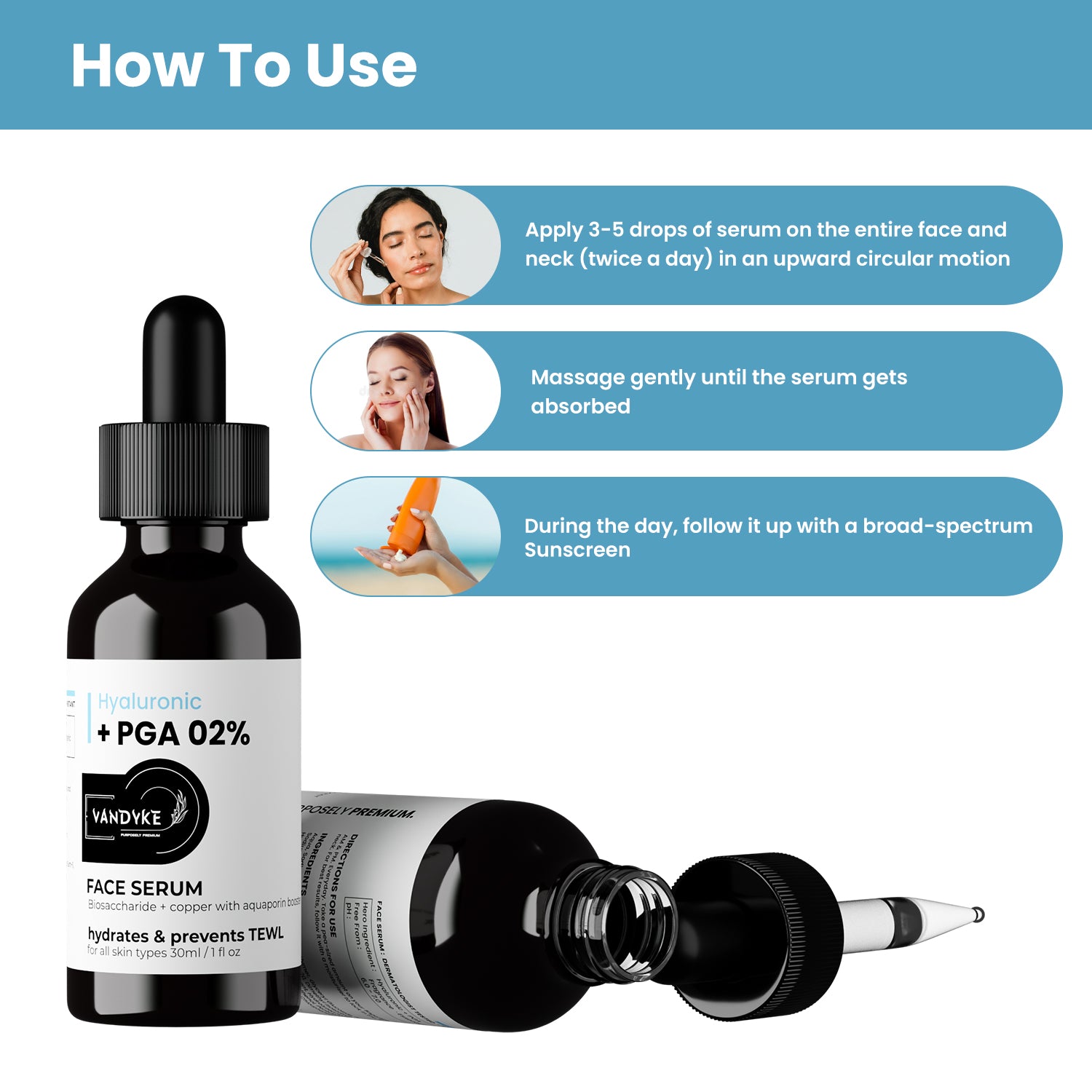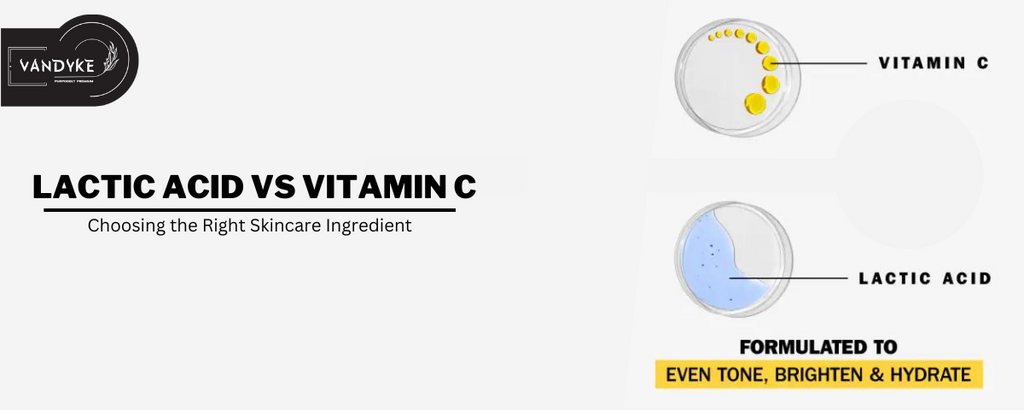
Lactic Acid vs Vitamin C Choosing the Right Skincare Ingredient

Lactic Acid vs Vitamin C Choosing the Right Skincare Ingredient
Lactic Acid vs Vitamin C: Achieving healthy, glowing skin frequently involves navigating a complex environment of skincare products and chemicals. Lactic acid and vitamin C, two common skincare ingredients, have earned attention for their ability to address a variety of skin issues. Vandyke will study lactic acid and vitamin C, their advantages, and help you determine which one is best for your skincare objectives in this tutorial.
What is Lactic Acid?
Lactic acid, like glycolic acid and citric acid, belongs to the alpha hydroxy acid (AHA) family. This naturally occurring chemical is formed from milk fermentation and is well known for its exfoliating qualities.
Lactic acid, in further detail, is a water-soluble chemical that is frequently used in skincare products due to its ability to gently remove dead skin cells and encourage skin renewal. When administered topically, it acts by breaking down the connections between skin cells, allowing the skin’s outer layer to shed. This procedure can enhance skin texture, minimise fine lines and wrinkles, and level out skin tone.
Here are some key aspects of lactic acid:
Benefits for Lactic acid
- Exfoliation
Lactic acid aids in the removal of dead skin cells from the skin’s surface, resulting in a smoother and brighter complexion. This exfoliation can help with problems including dullness and uneven texture.
- Hydration
Lactic acid, unlike certain AHAs, is milder and can assist enhance the skin’s moisture content. This makes it appropriate for people with dry or sensitive skin.
- Hyperpigmentation
Lactic acid may aid in the reduction of the appearance of dark patches and uneven skin tone, making it an excellent substance for treating hyperpigmentation.
- Fine Lines and Wrinkles
Lactic acid usage on a regular basis may stimulate collagen formation, thereby lowering the appearance of fine lines and wrinkles over time.
Products for Lactic Acid: Lactic acid is a type of AHA, and AHAs are generally used in exfoliation. You can choose the exfoliating serum containing AHA. vandyke has vandyke AHA BHA 10% and vandyke AHA PHA BHA 32% for your skin. This exfoliating serum contains lactic acid. With salicylic acid and glycolic acid. Which makes this formula. Best for exfoliation.
What is Vitamin C?
Vitamin C, also known technically as ascorbic acid, is a potent antioxidant with several health advantages, particularly when it comes to preserving and improving skin health.
Vitamin C is a water-soluble vitamin found in a variety of fruits and vegetables, including oranges, strawberries, kiwi, and bell peppers. Its antioxidant qualities make it an important actor in protecting the body from oxidative stress and free radical damage. Free radicals are unstable chemicals that cause cell damage and contribute to a variety of health problems, including skin ageing.
Vitamin C is used in skincare for a variety of reasons. First and foremost, it aids in the neutralisation of free radicals, lowering the danger of premature skin ageing such as fine lines, wrinkles, and dark spots by stimulating collagen formation. Collagen is a protein that is essential for skin suppleness and firmness.
Here are some key aspects of vitamin C:
-
Antioxidant Properties
The principal function of vitamin C is to fight free radicals created by environmental factors such as UV radiation and pollution. This antioxidant effect protects the skin from oxidative damage and premature ageing.
- Brightening
The power of vitamin C to brighten the skin is widely known. It can lighten dark spots, improve skin radiance, and even out skin tone.
- Collagen Production
Vitamin C, like lactic acid, increases collagen formation, which can help tighten the skin and reduce the appearance of fine lines and wrinkles.
- Sun Protection
While not a substitute for sunscreen, vitamin C can boost your skin’s natural defence against UV damage, providing extra protection when applied in the morning.
Product for Vitamin C: if you are looking for a product containing vitamin C then you can choose vandyke vitamin C 10% face serum for your skin. This serum also contains antioxidant properties and skin brightening properties for vitamin C 10% of vitamin C serum will be perfect for your skin.
Choosing the Right Ingredient for Your Skin
When it comes to selecting the best skincare component for your personal requirements, whether it’s lactic acid or vitamin C, it all boils down to your skincare goals and your skin type:
Lactic Acid
If you want to improve skin texture, battle hyperpigmentation, or treat dry and sensitive skin, lactic acid may be the best option for you. This substance is well-known for its mild exfoliating capabilities, which aid in the removal of dead skin cells and the promotion of smoother skin texture. Furthermore, lactic acid hydrates the skin, making it a good choice for persons with dry or sensitive skin. Because of its gentle exfoliation, it is excellent for a wide variety of skin types, especially if you want to attain a more refined and even complexion.
Vitamin C
If your skincare goals include preserving your skin from environmental damage, minimising the appearance of dark spots, or achieving a brighter complexion, vitamin C is likely the component to consider. Vitamin C is a powerful antioxidant that aids in the neutralisation of free radicals, protecting your skin from oxidative stress produced by causes such as UV radiation and pollution. It is very efficient at lightening dark spots and promoting a more even skin tone. Vitamin C serums are frequently advised for morning usage because they can function as a protective barrier against UV radiation, providing your skin with an extra layer of defence.
In conclusion, the decision between lactic acid and vitamin C should be based on your skincare goals and skin type. Lactic acid is good for moderate exfoliation and hydration, making it suited for a wide range of skin types, particularly those with textural difficulties or sensitivity. Vitamin C, on the other hand, is a potent antioxidant recognised for its antioxidant properties and capacity to brighten the skin, making it an excellent choice for people seeking environmental defence and a more radiant complexion. Finally, your selection should be personalized to your unique skin care requirements and preferences.
Can Vitamin C and Lactic Acid be Used Together?
Certainly, vitamin C and lactic acid may be used in tandem in a skincare programme to treat a variety of skin health concerns. To avoid over-exfoliation or irritation, add these components gradually and pay close attention to how your skin reacts. Here’s how you can include both into your skincare routine:
- Morning:
Vitamin C Serum: Begin your day with a vitamin C serum. Vitamin C is a good morning supplement since it contains powerful antioxidants that protect against environmental harm such as UV radiation and pollution. It acts as a protective barrier for your skin, neutralising free radicals and promoting a brighter complexion..
- Evening:
Lactic Acid Product: Incorporate a lactic acid product into your nightly skincare routine. This might be a serum or lotion containing lactic acid. Lactic acid exfoliates gently and can help enhance skin texture, manage hyperpigmentation, and keep skin hydrated. Using it at night helps your skin to benefit from its exfoliating effects without being exposed to any additional UV rays.
Conclusion
Lactic Acid vs Vitamin C: Lactic acid and vitamin C both provide distinct advantages to your skincare routine. Assess your skin’s requirements and goals before making a selection. Whether you pick one or both, consistency and patience are essential for maximising the benefits of these skincare components. If you have specific skin issues or conditions, always patch-test new products and check with a dermatologist. Finally, the best skincare plan is one that is tailored to your specific skin type and goals.
